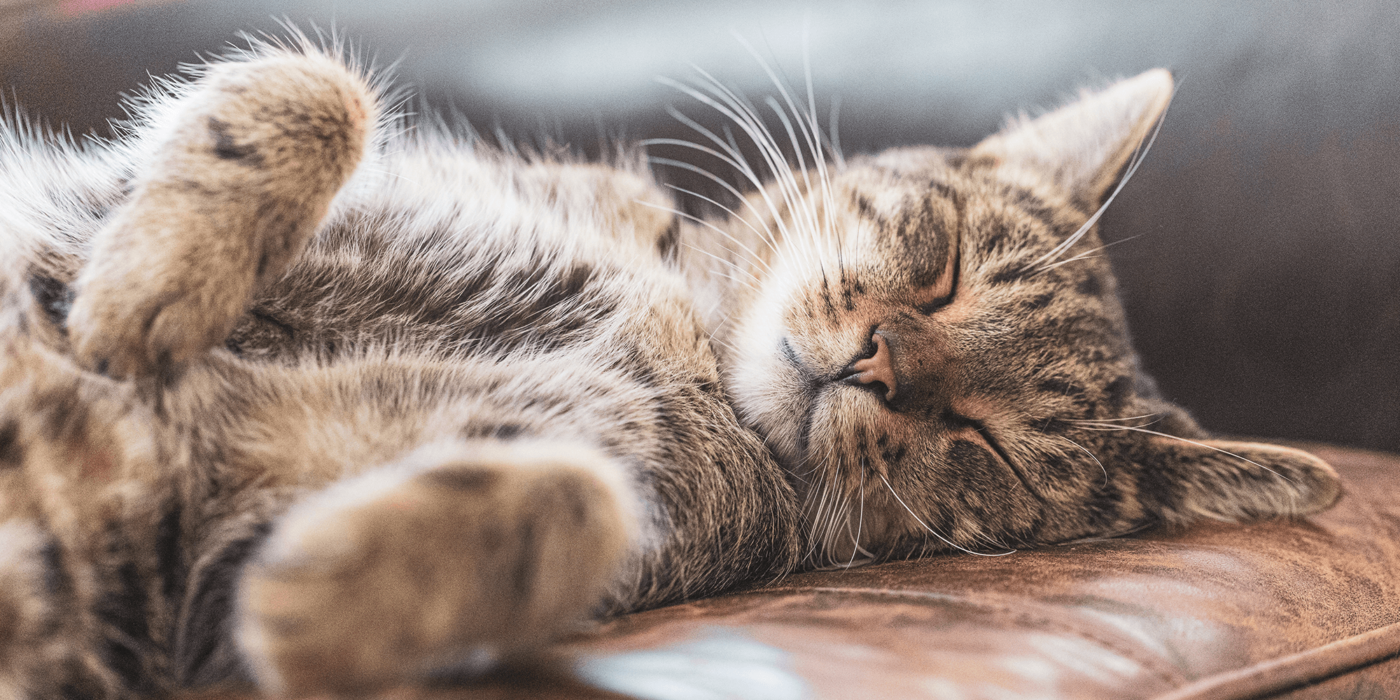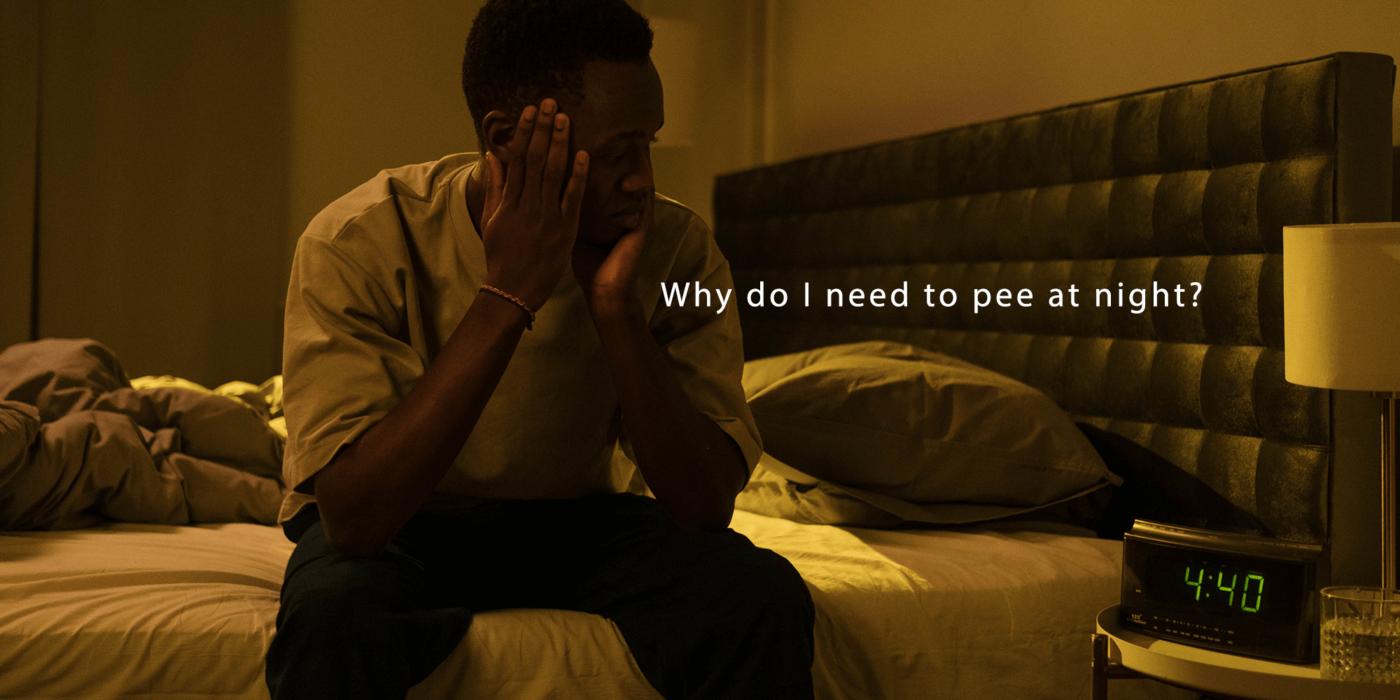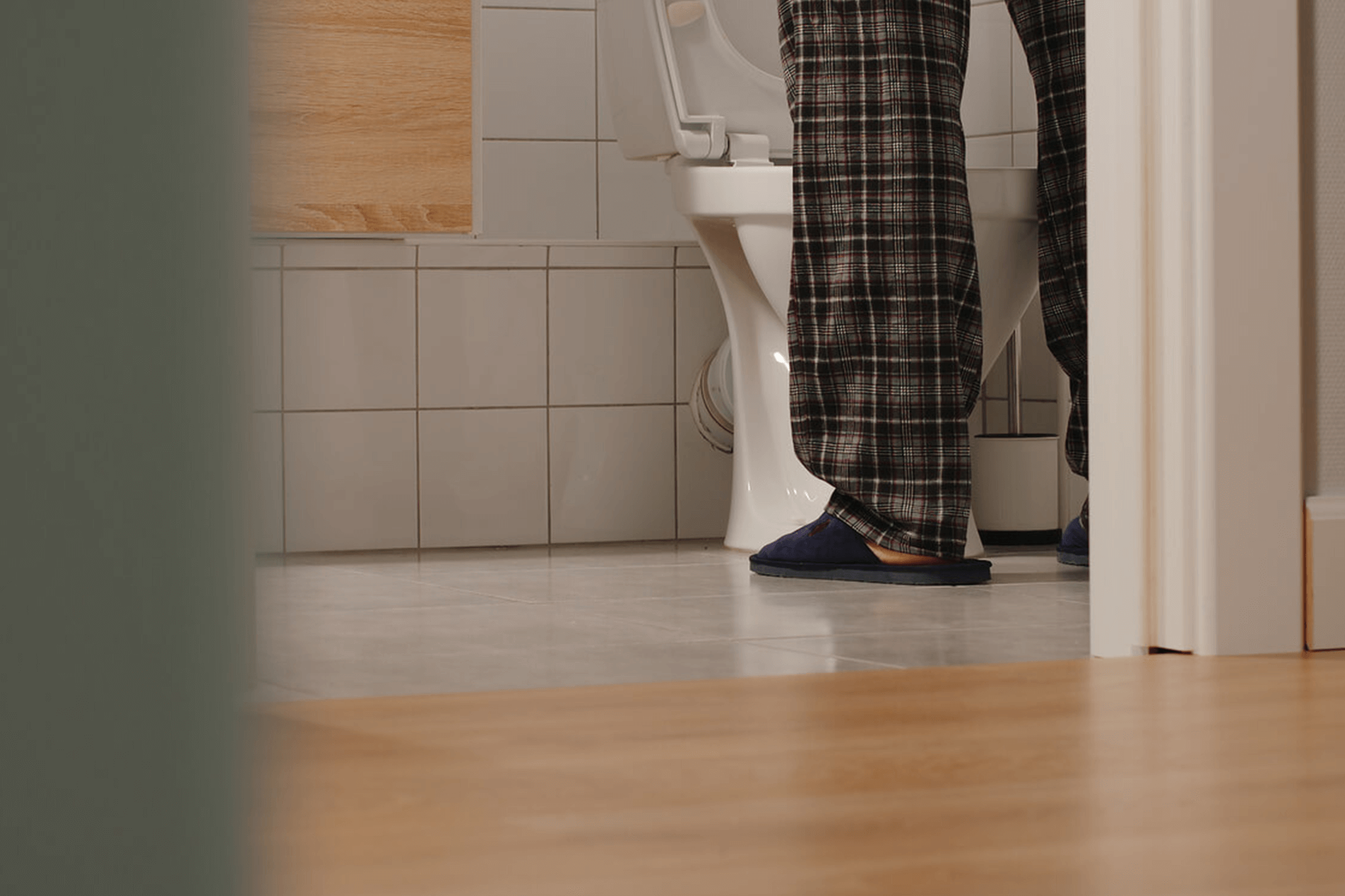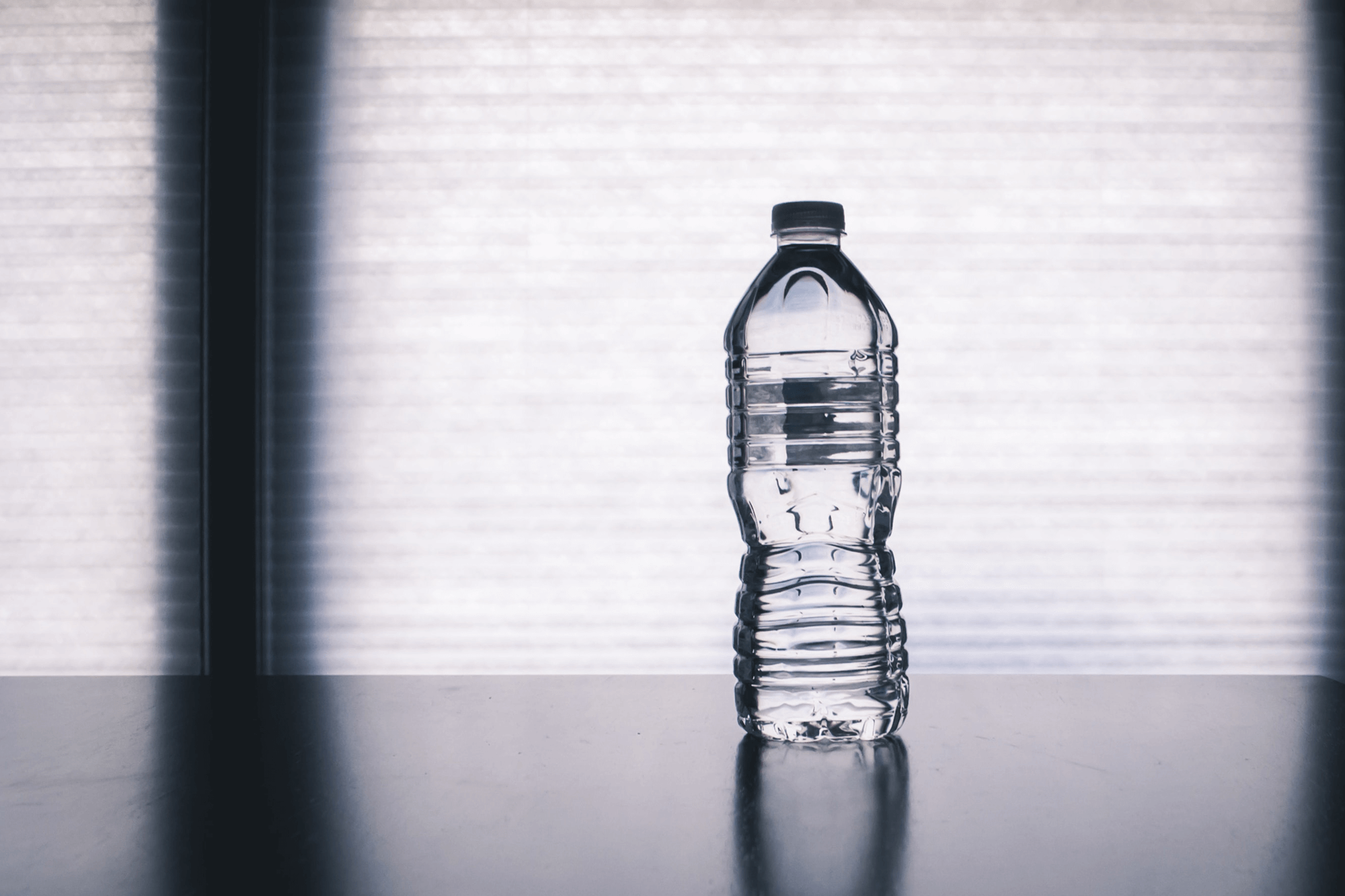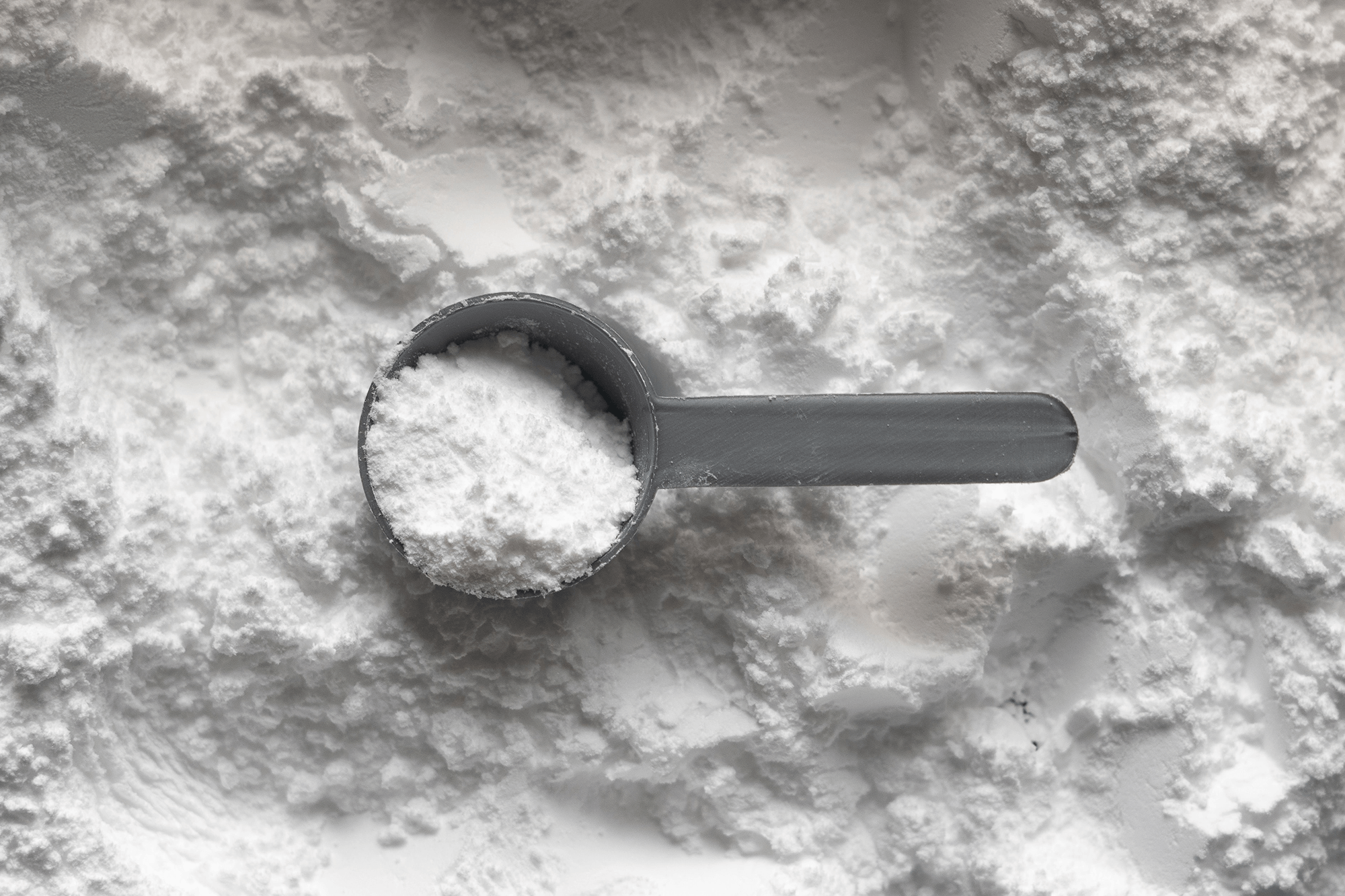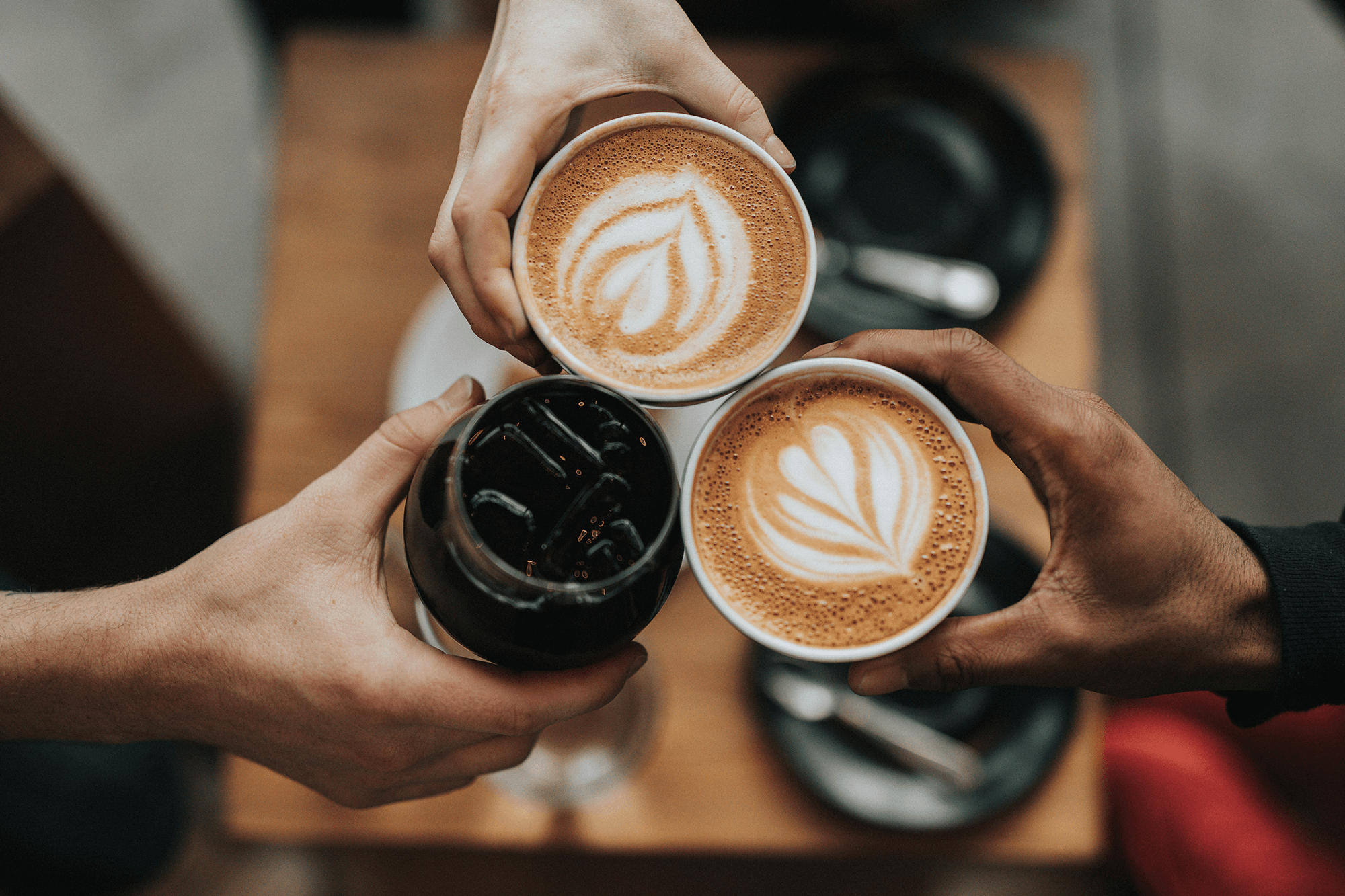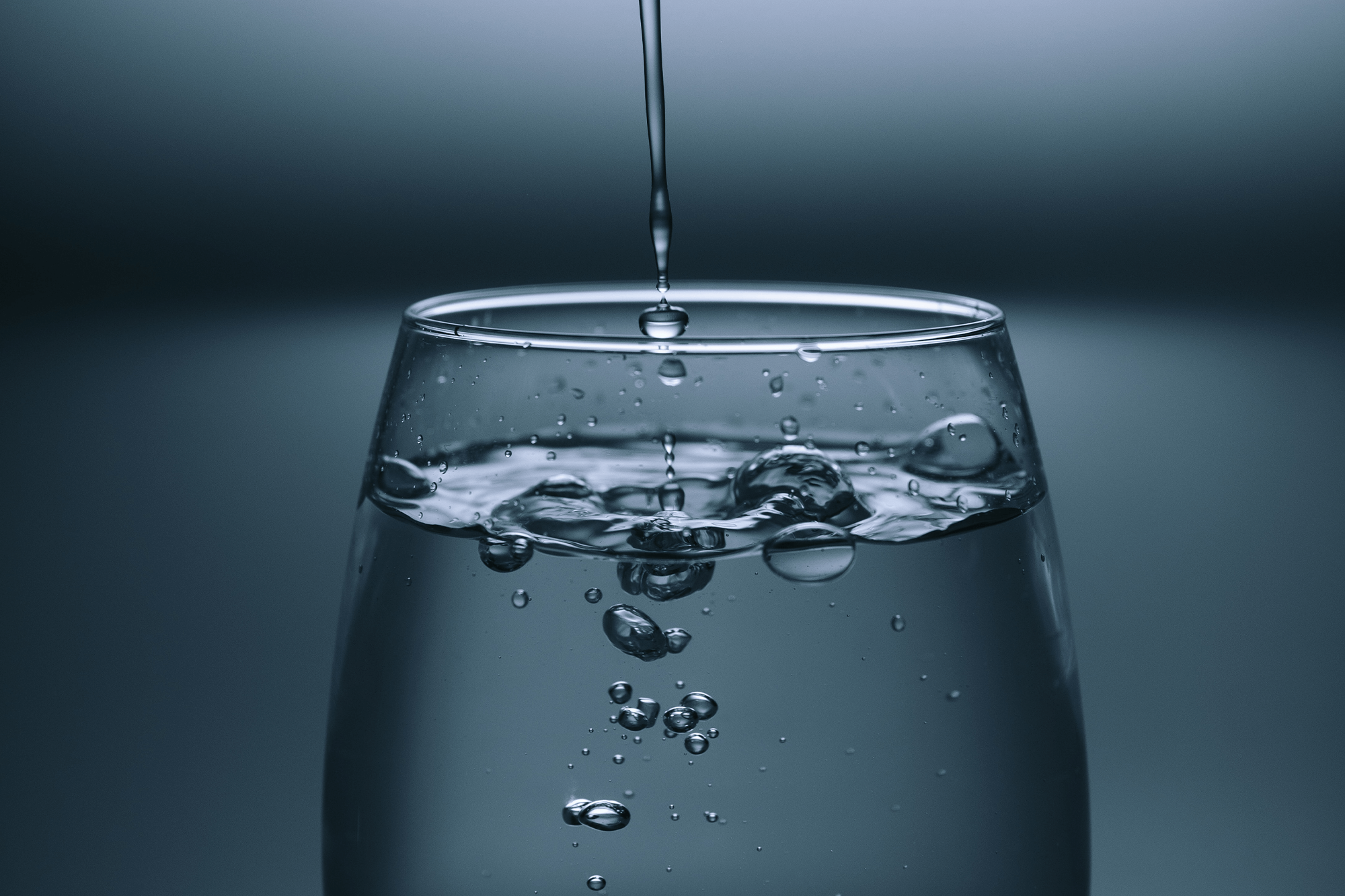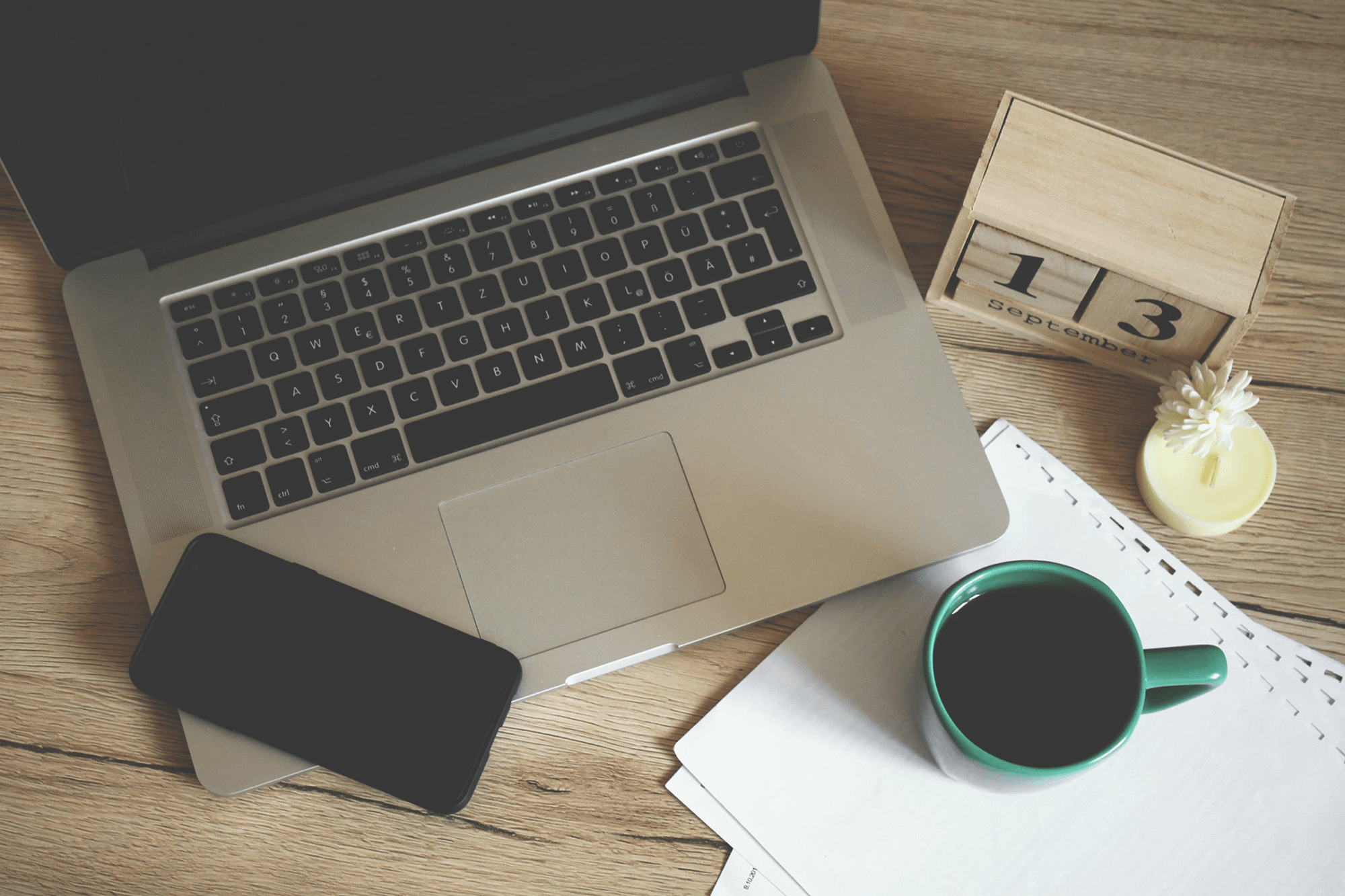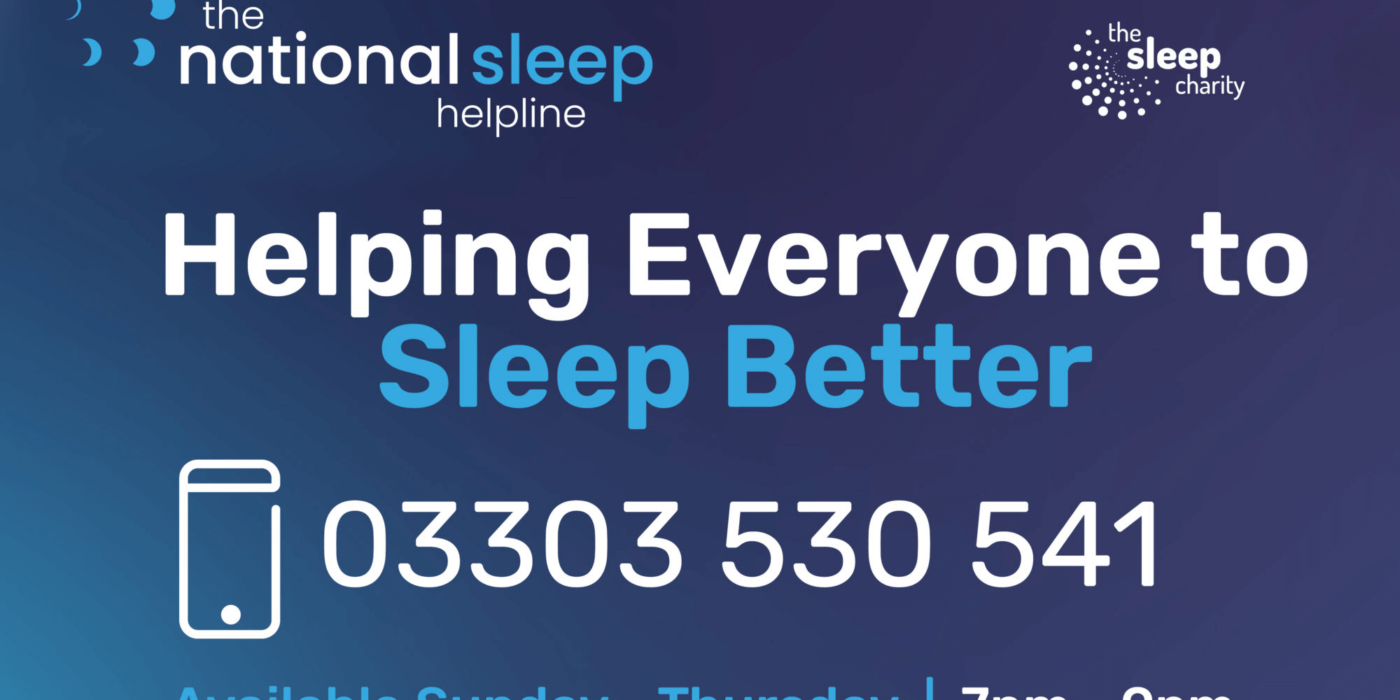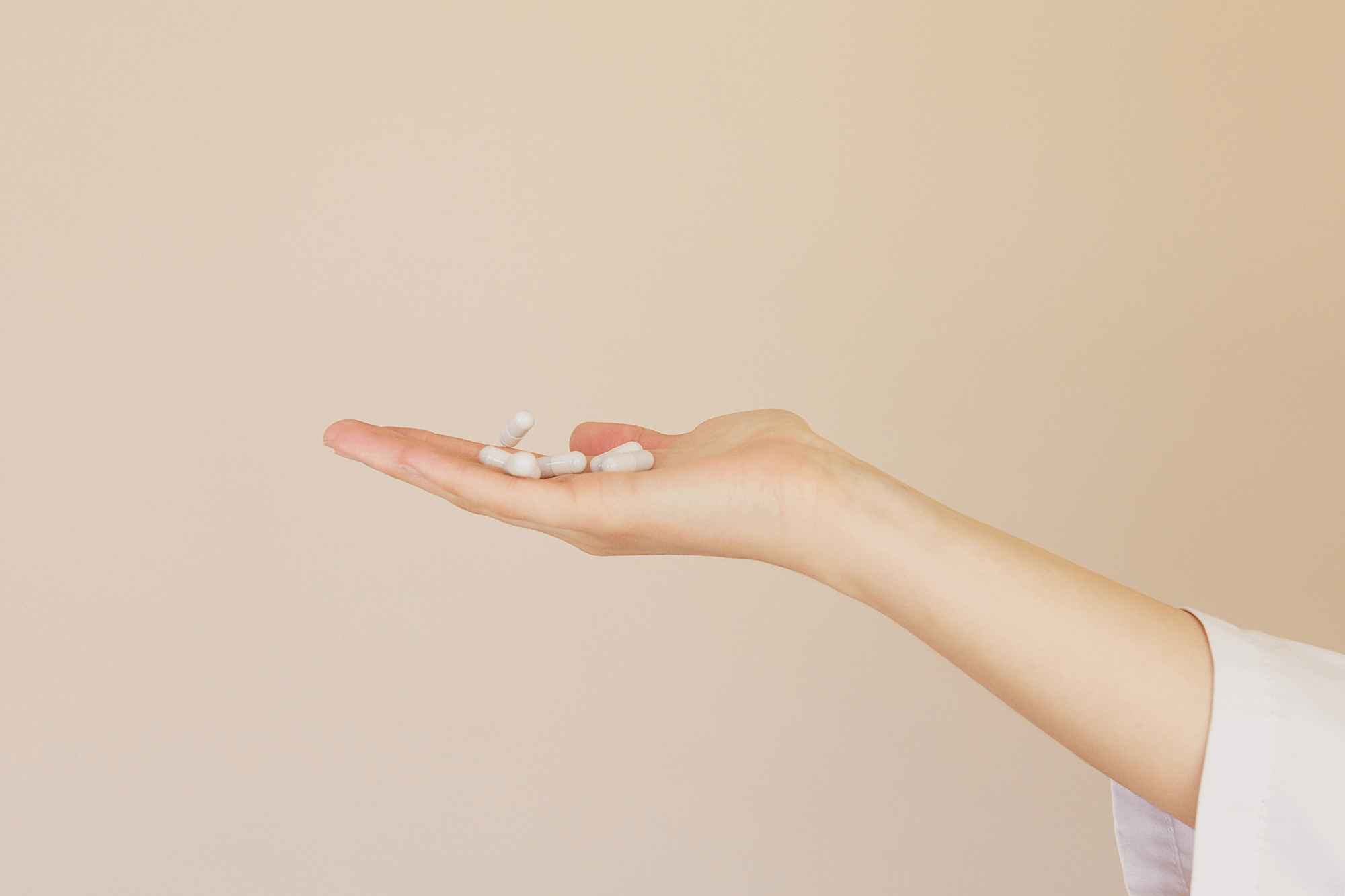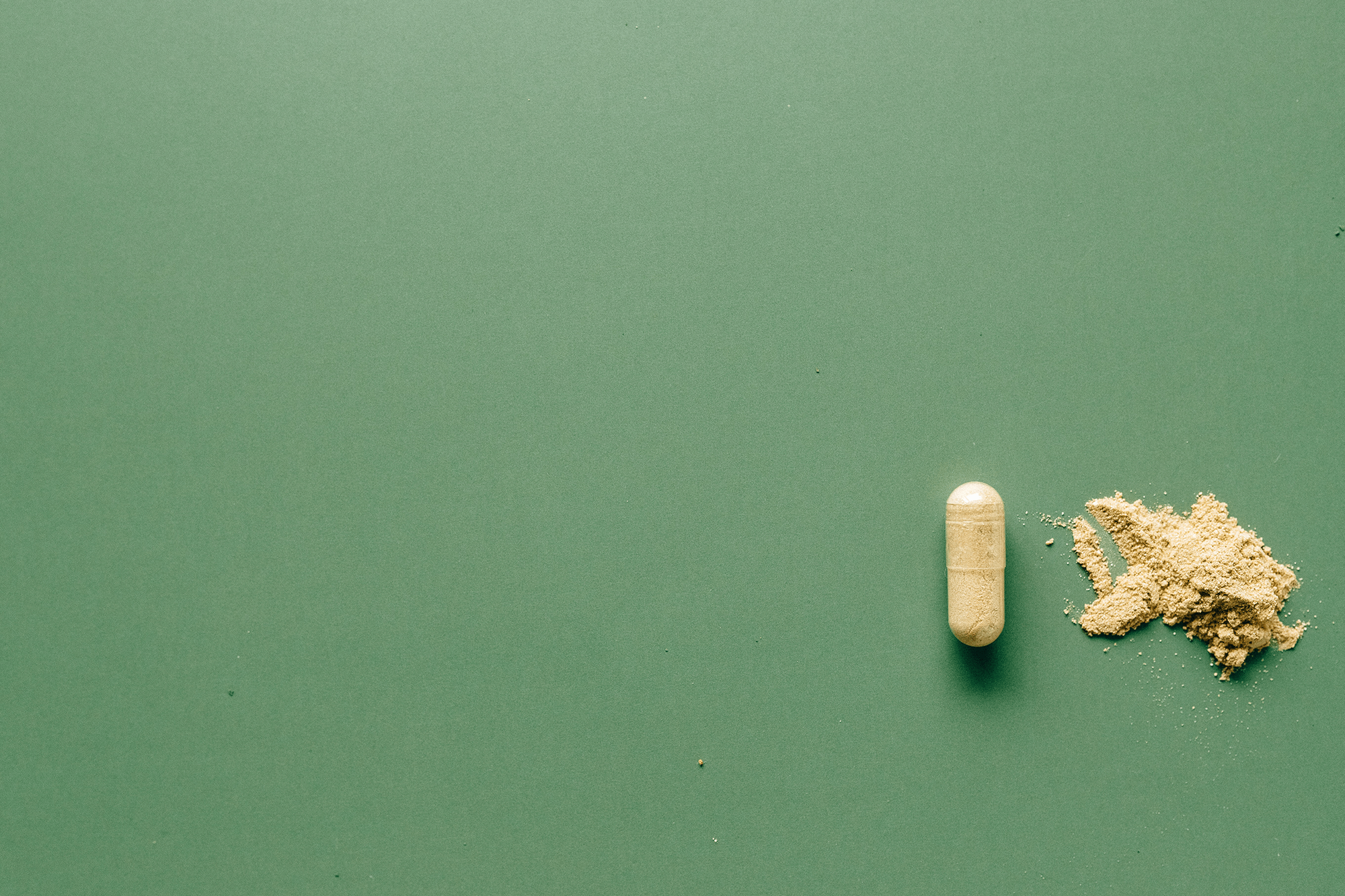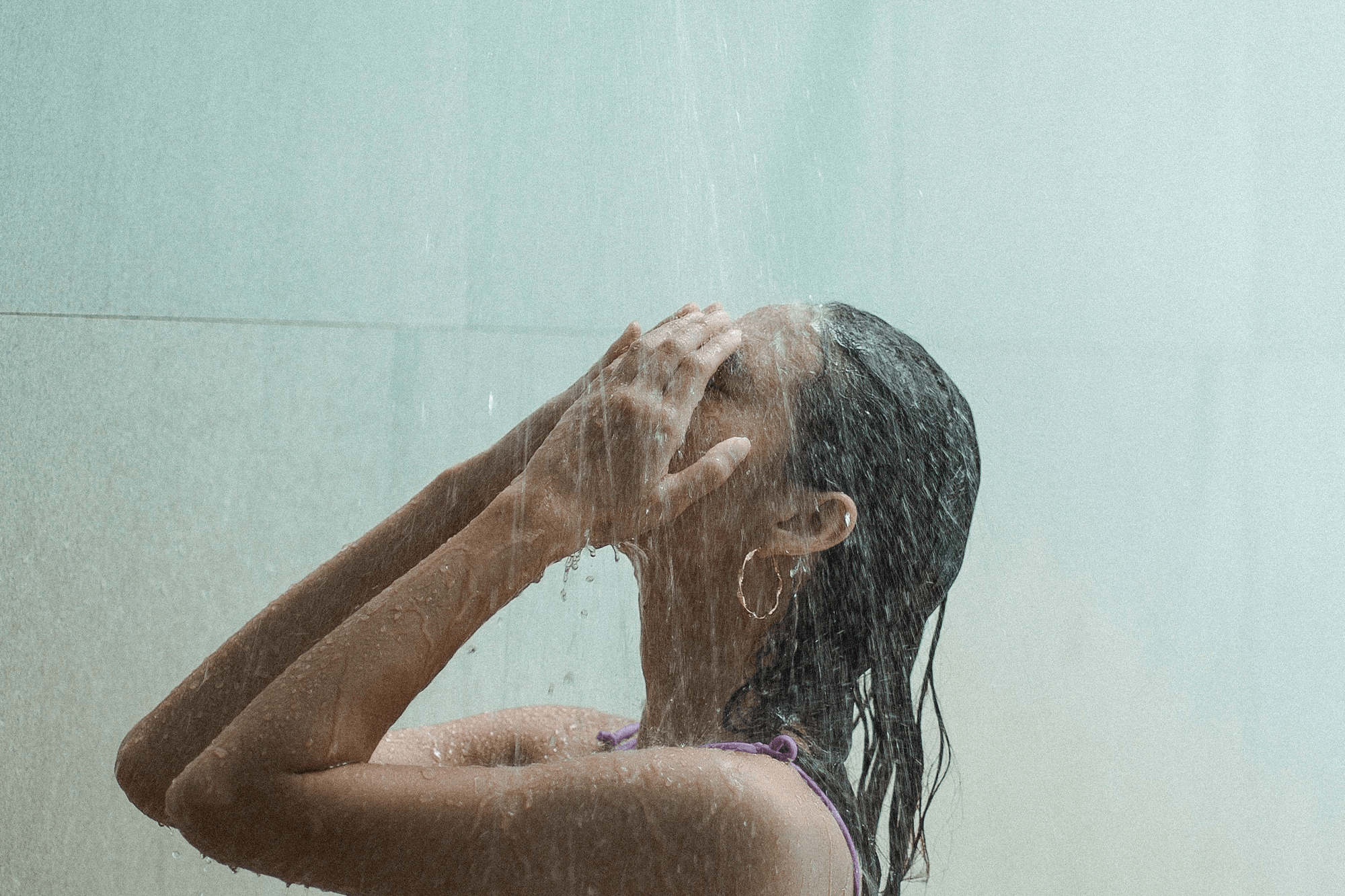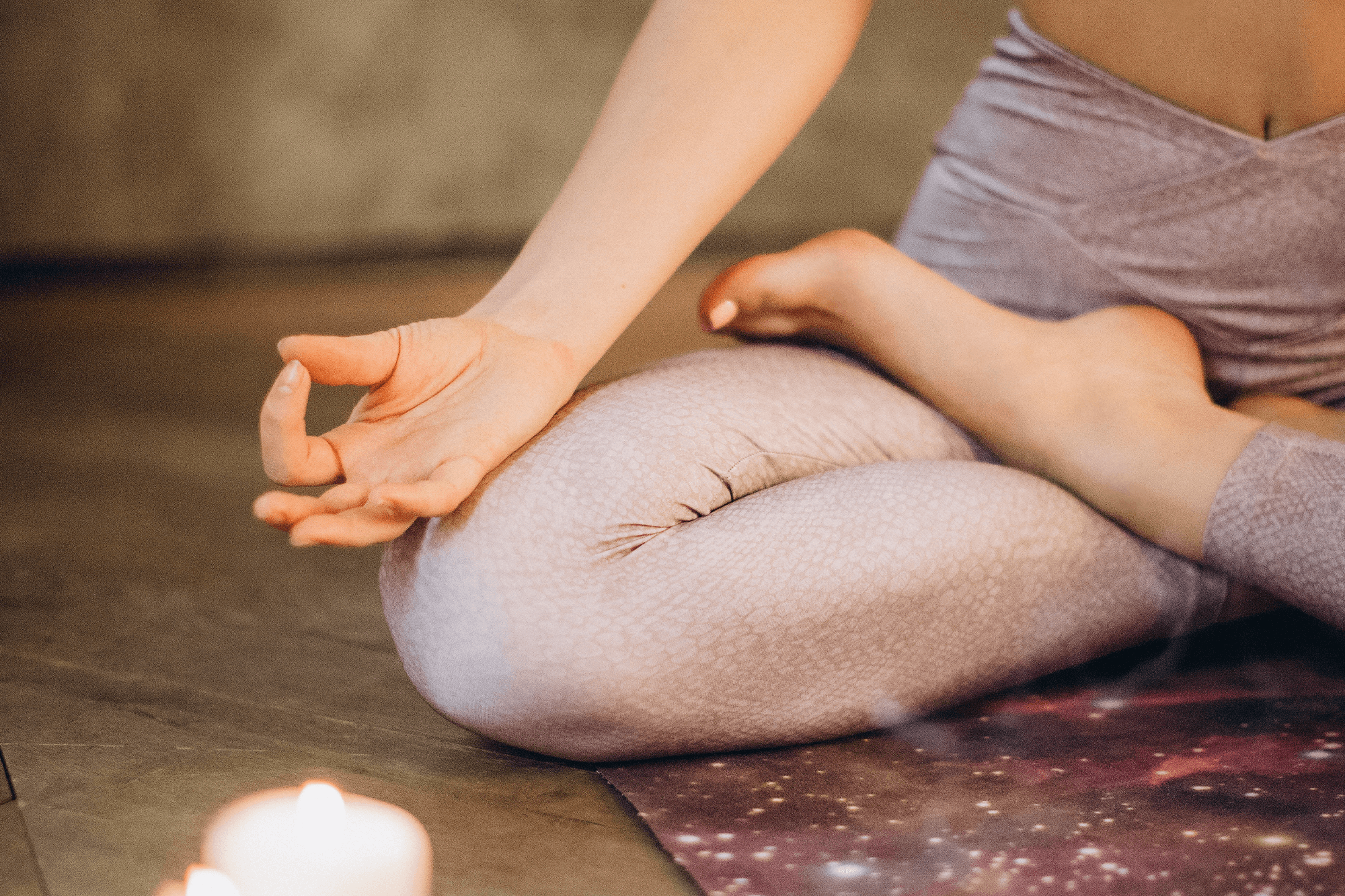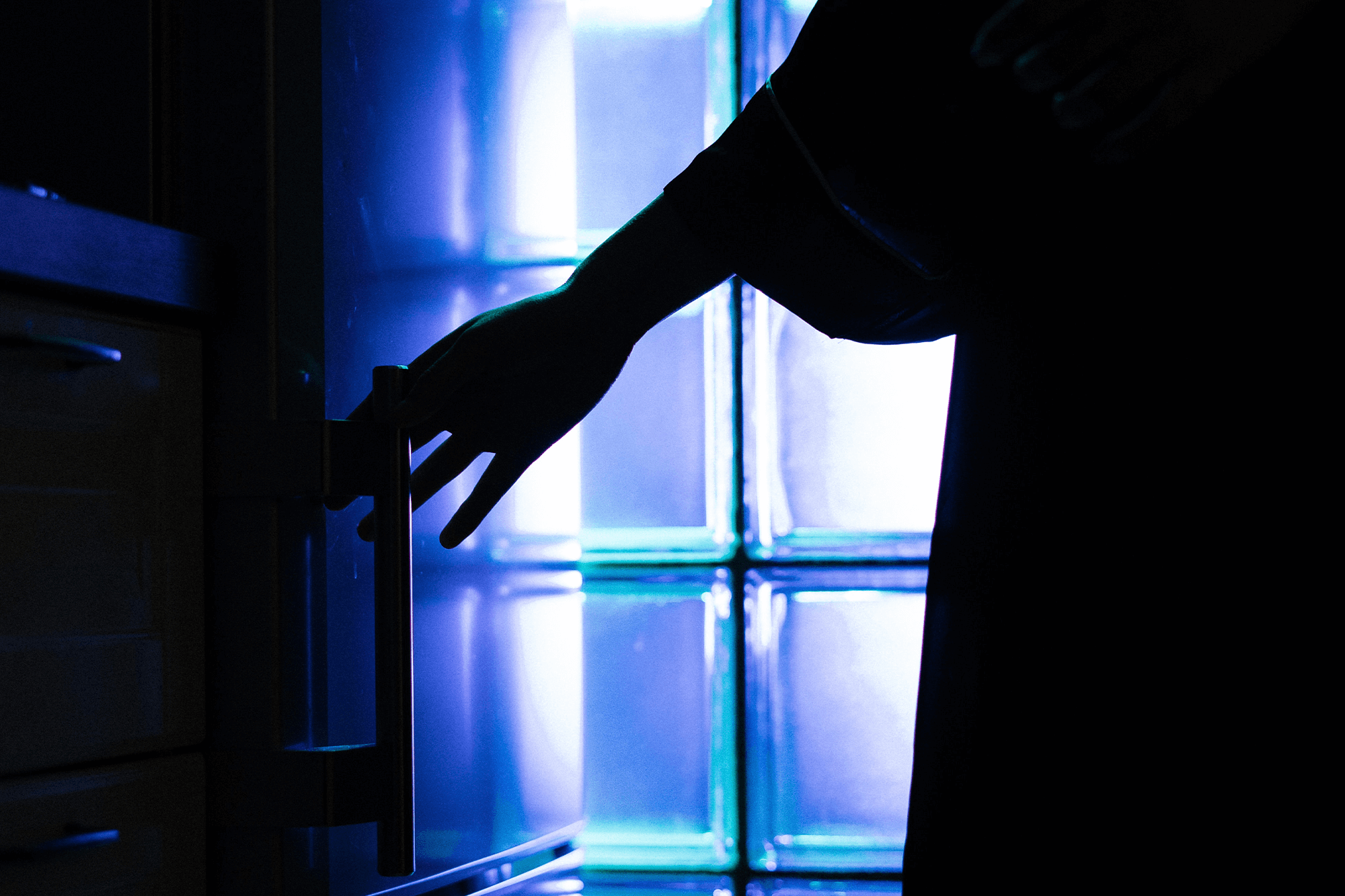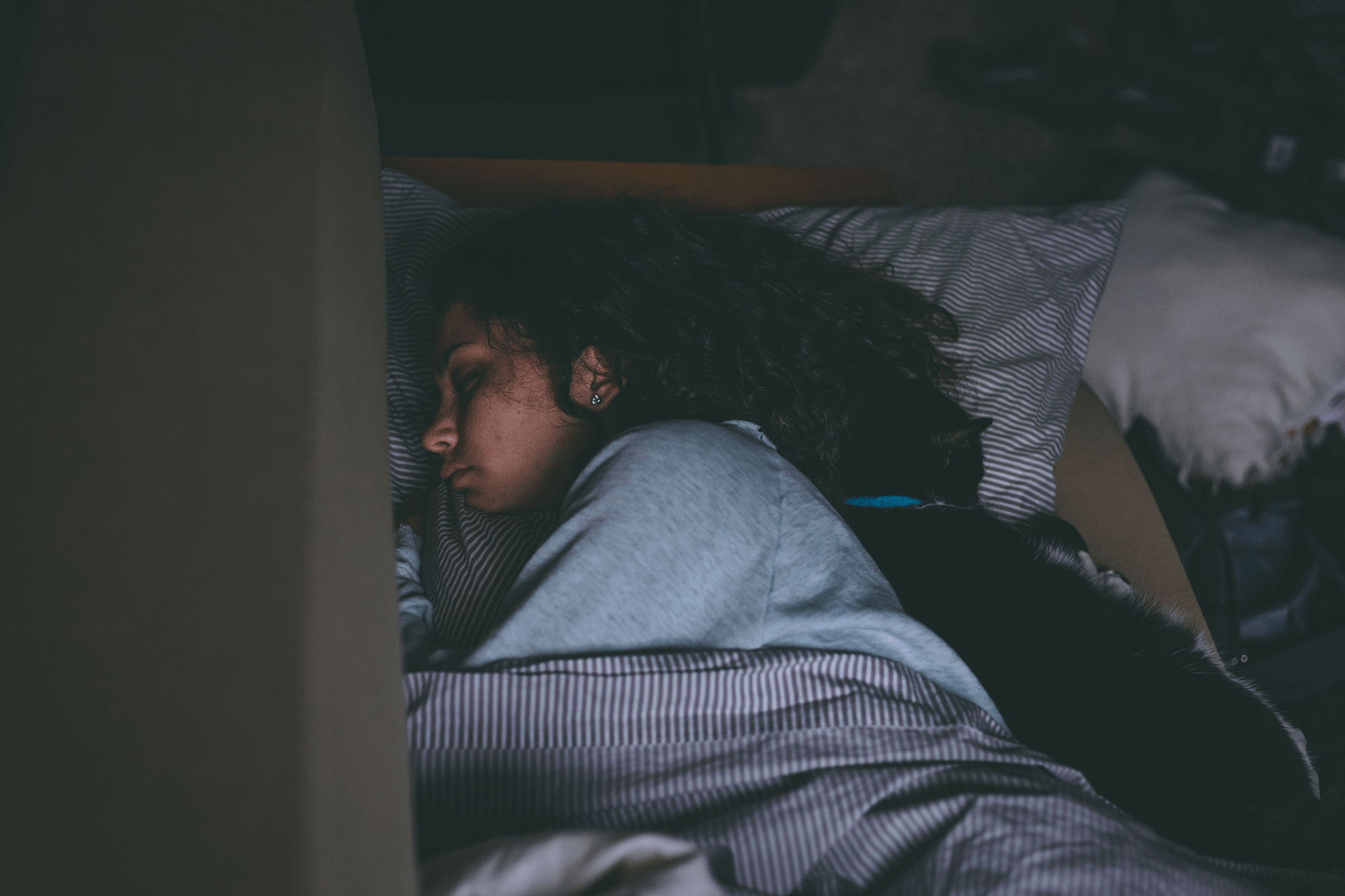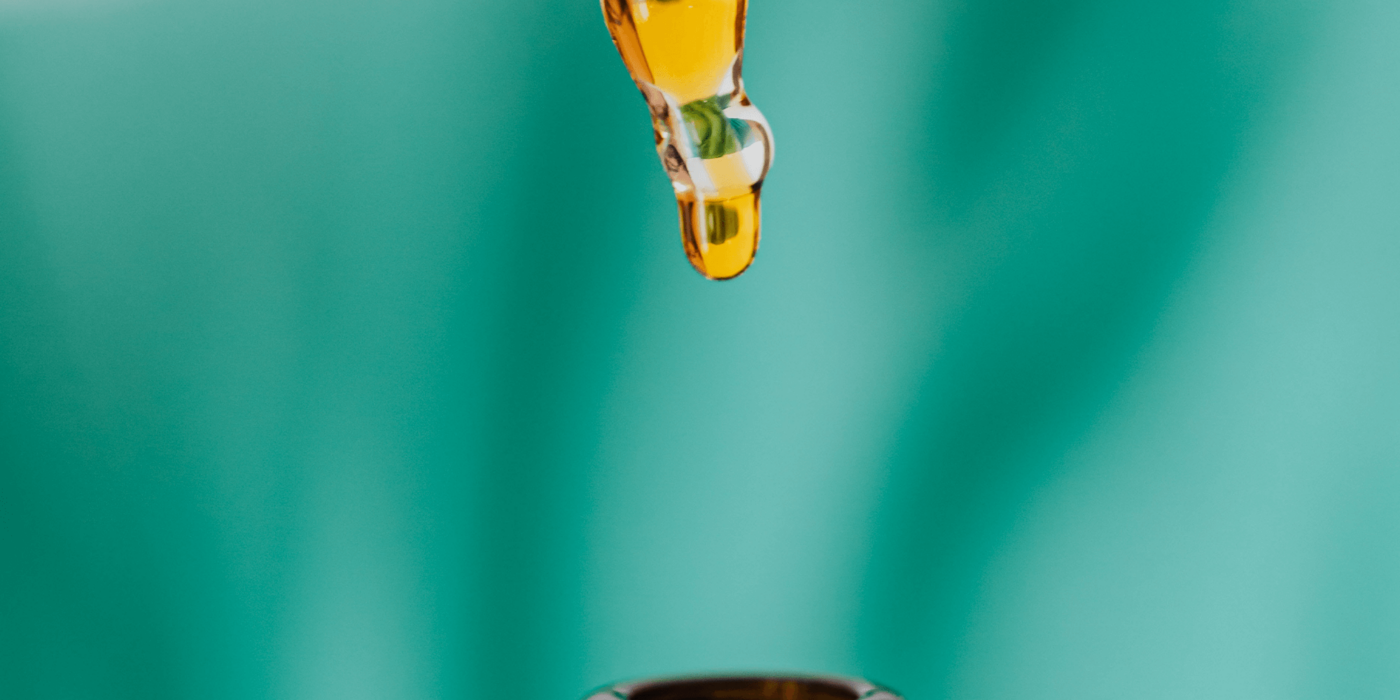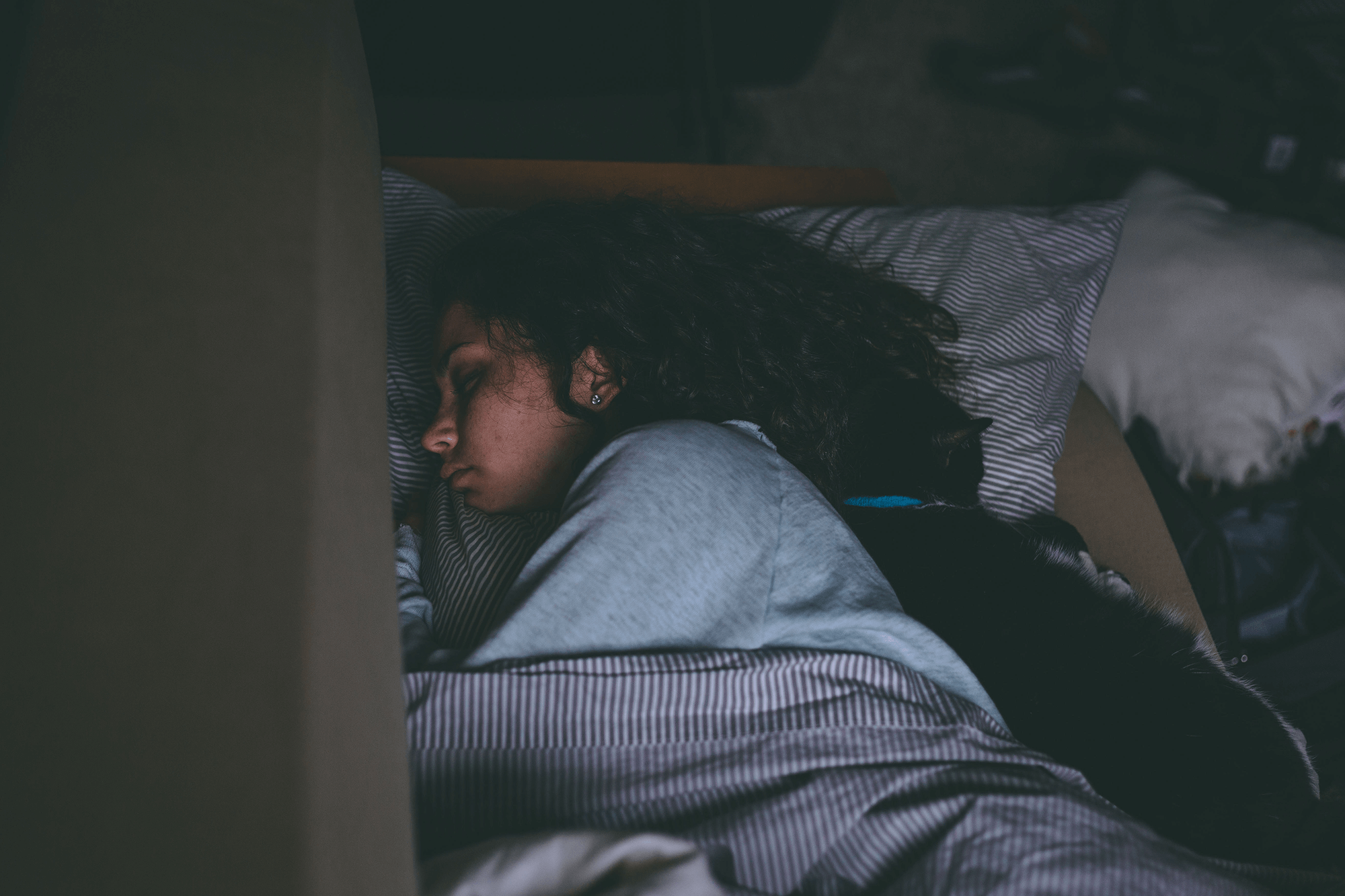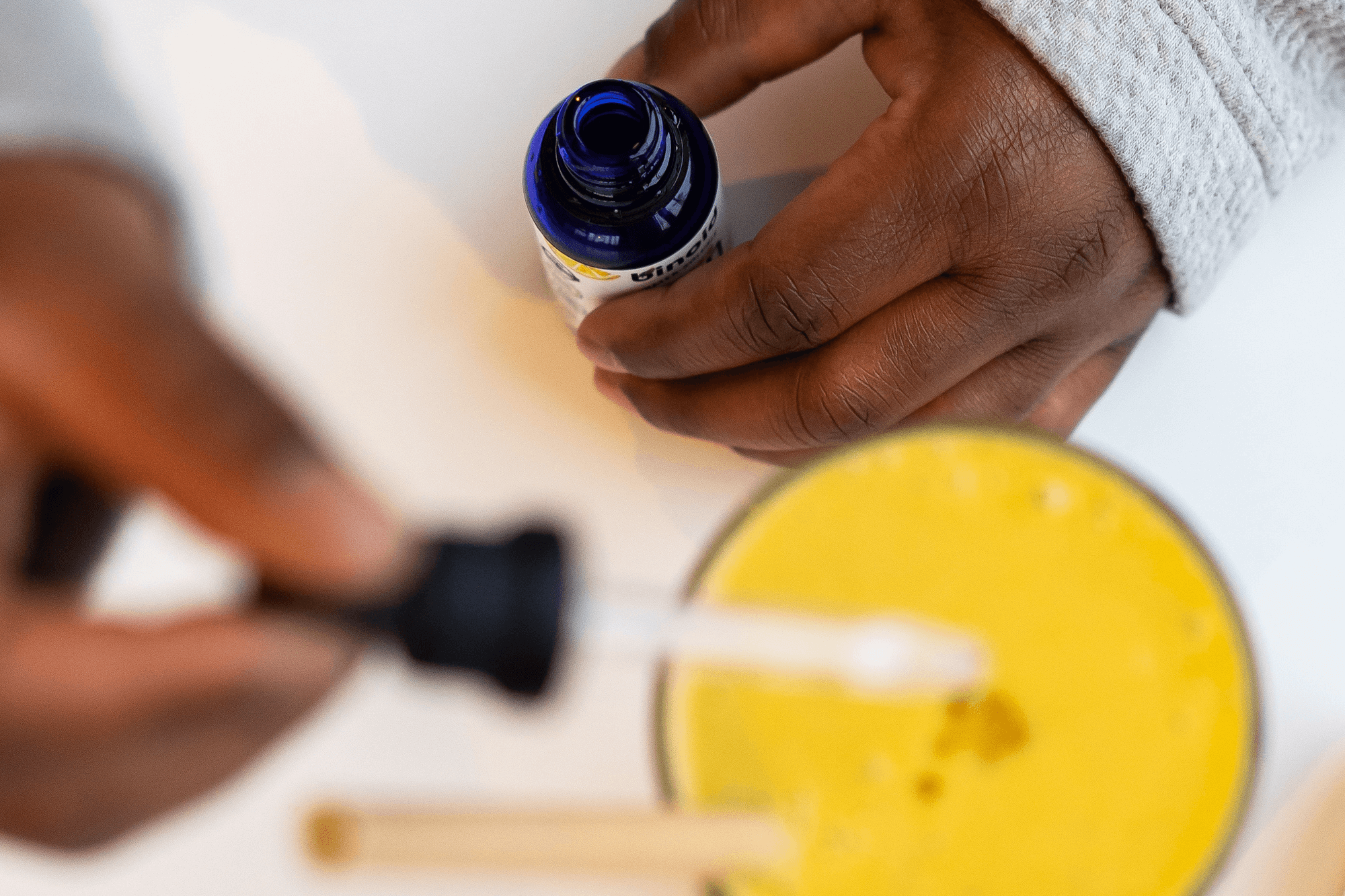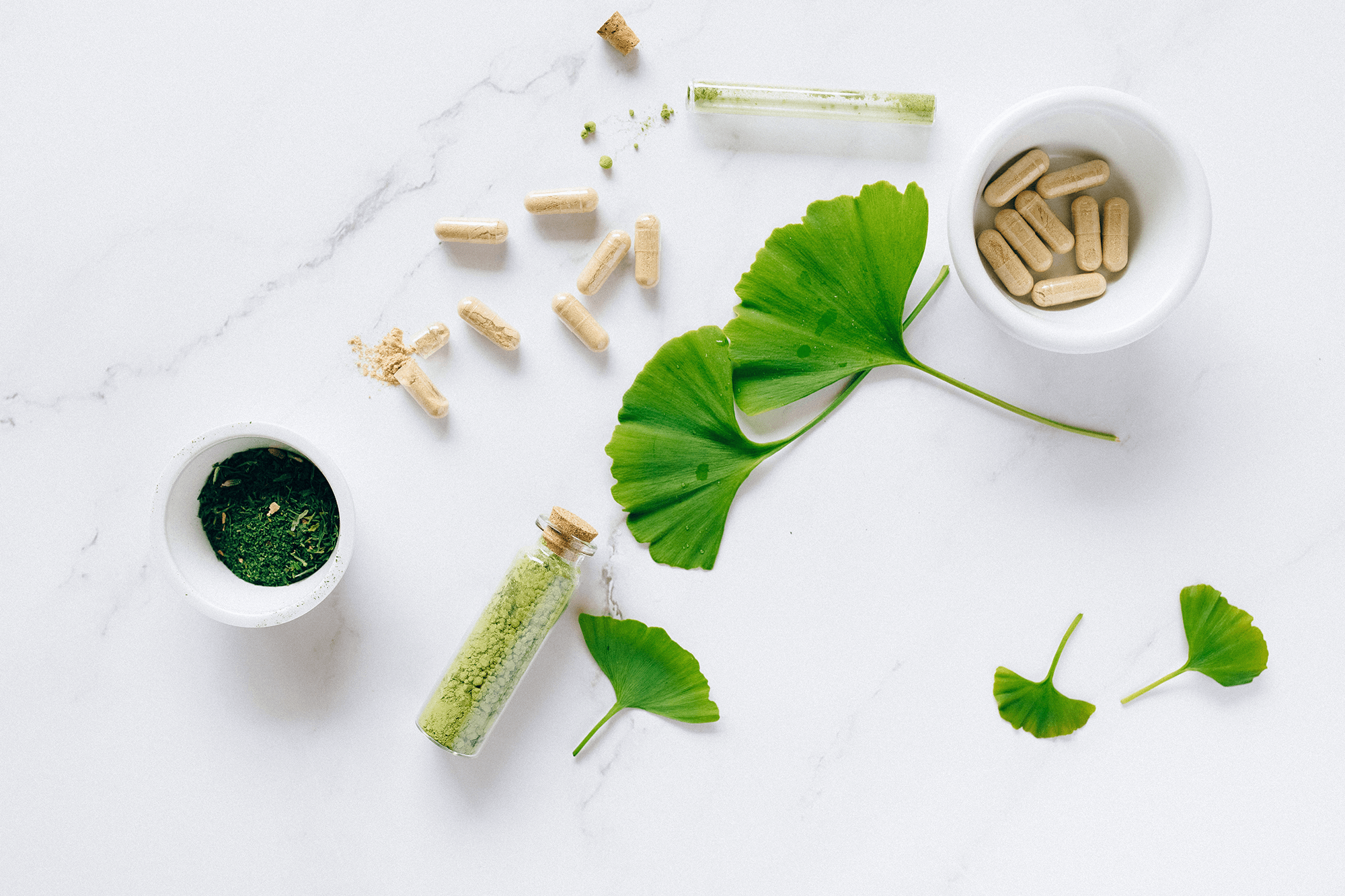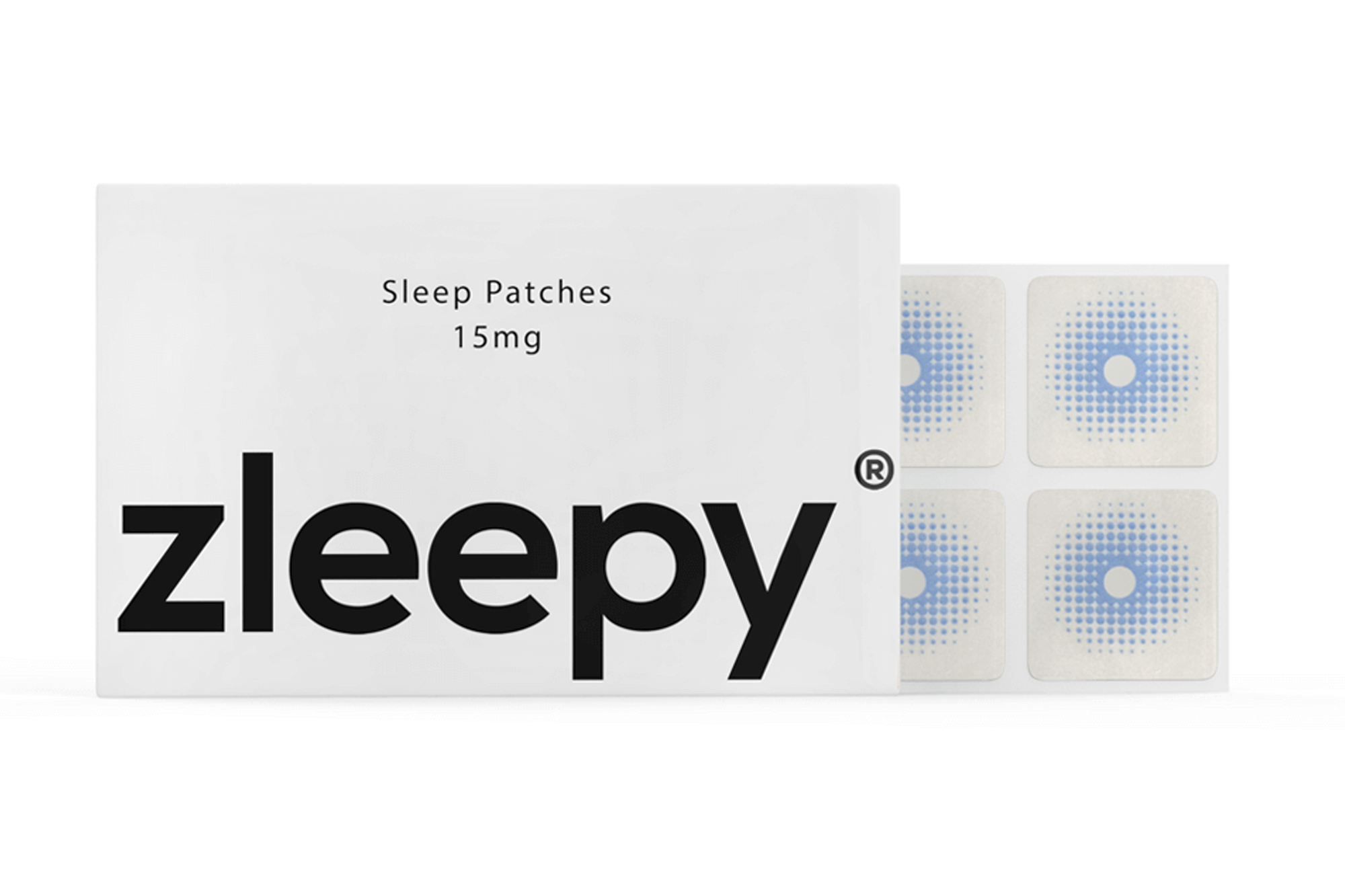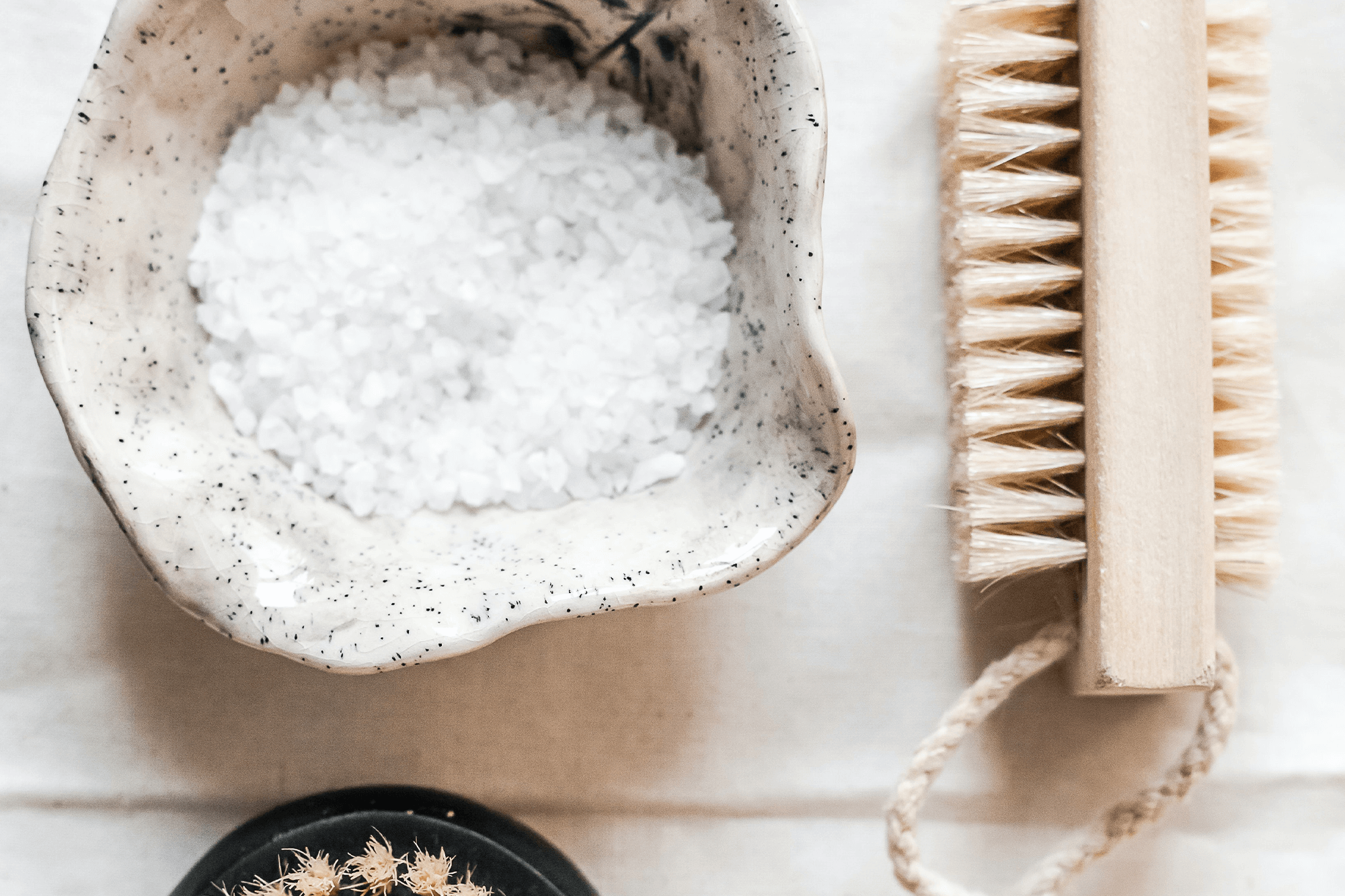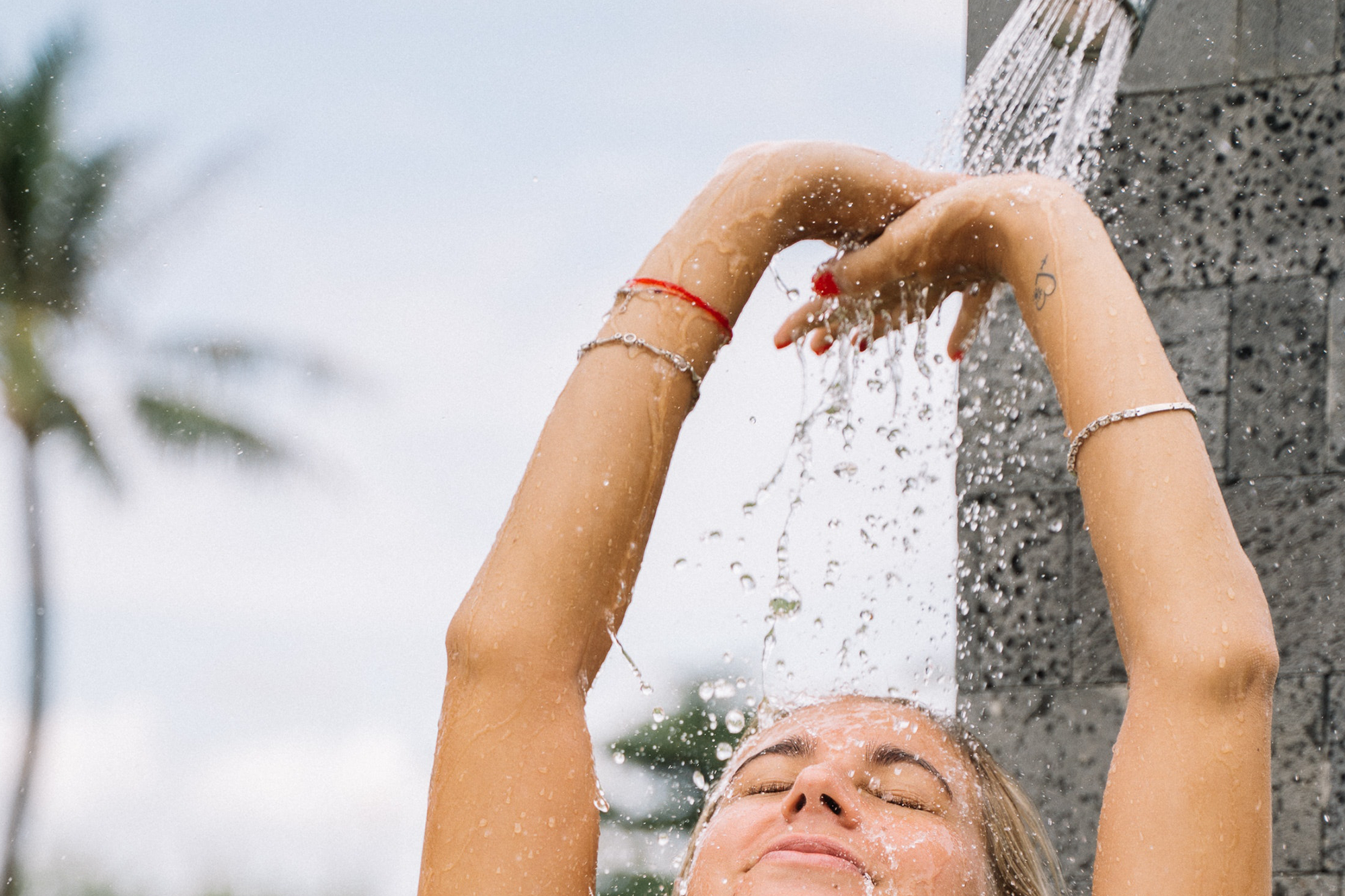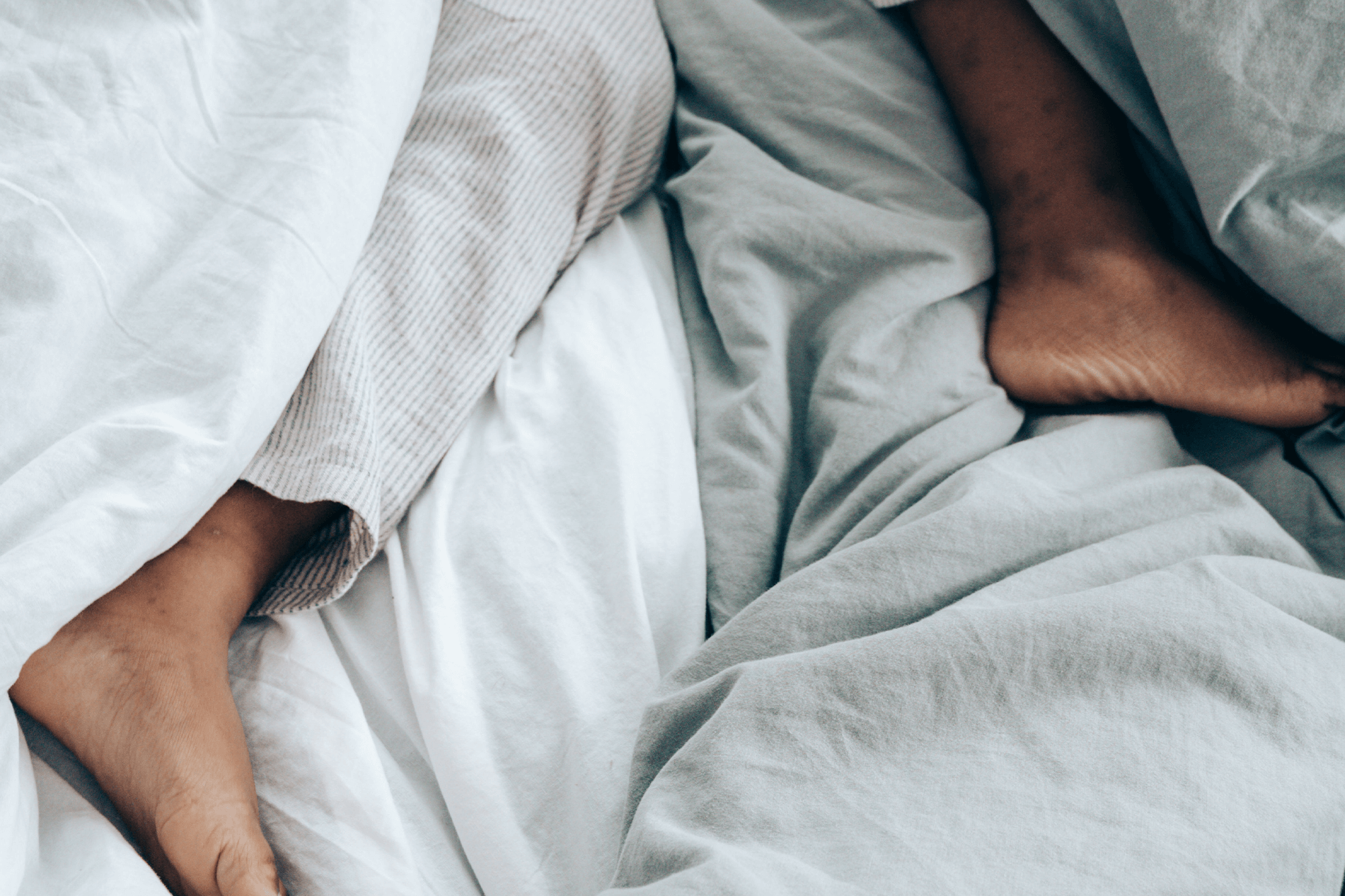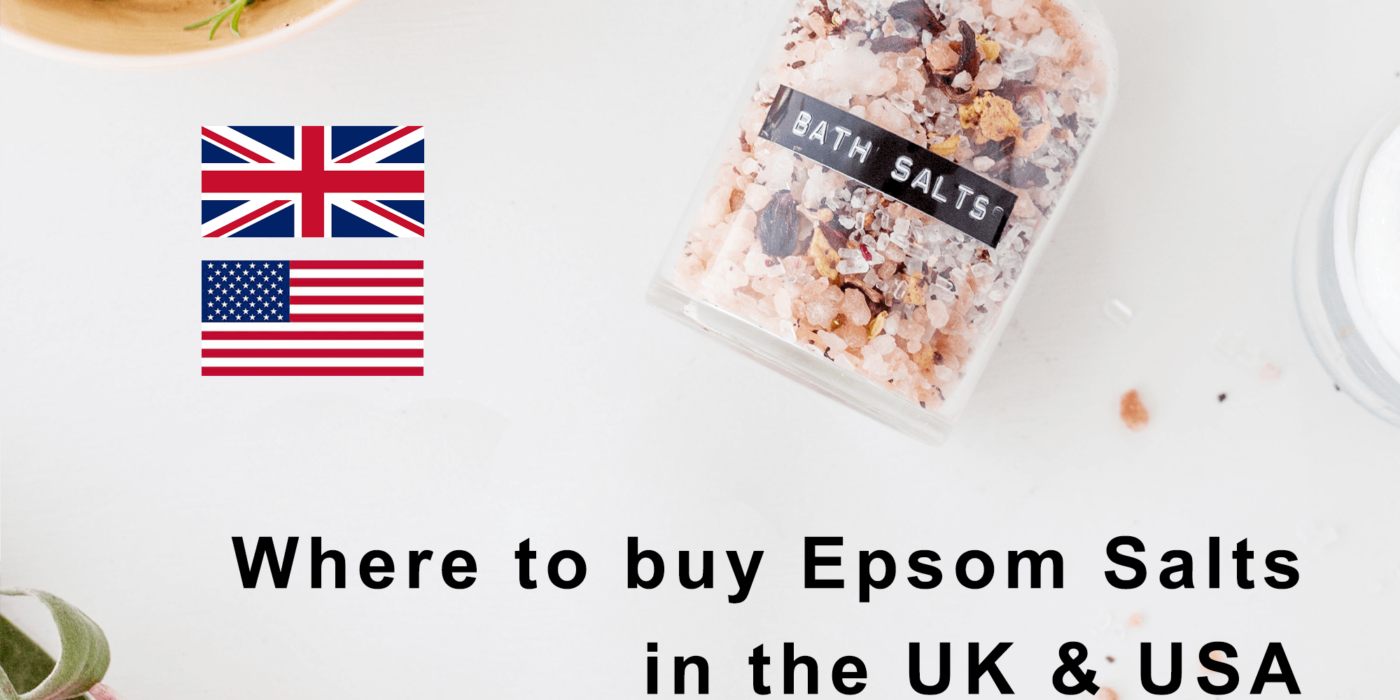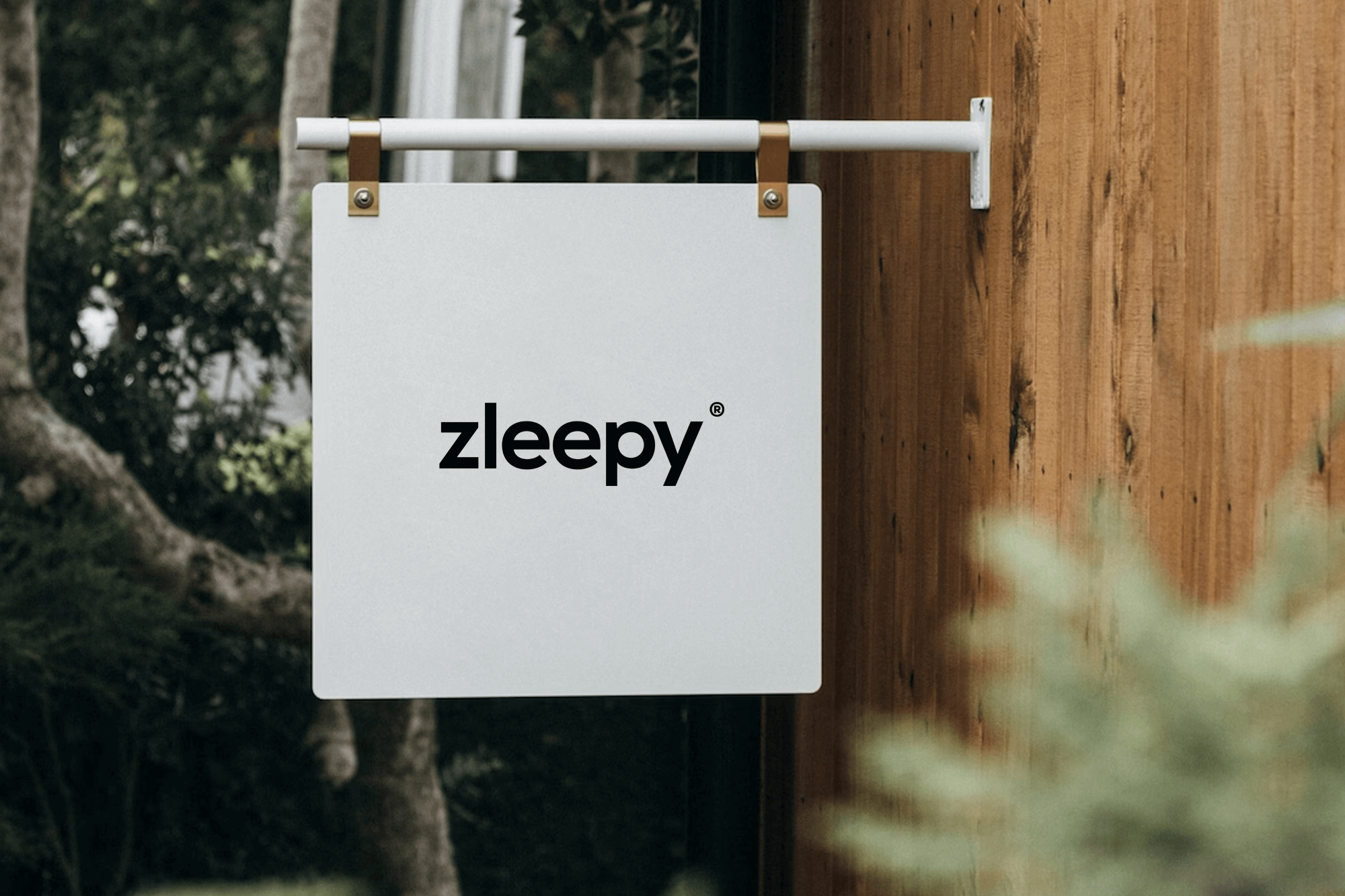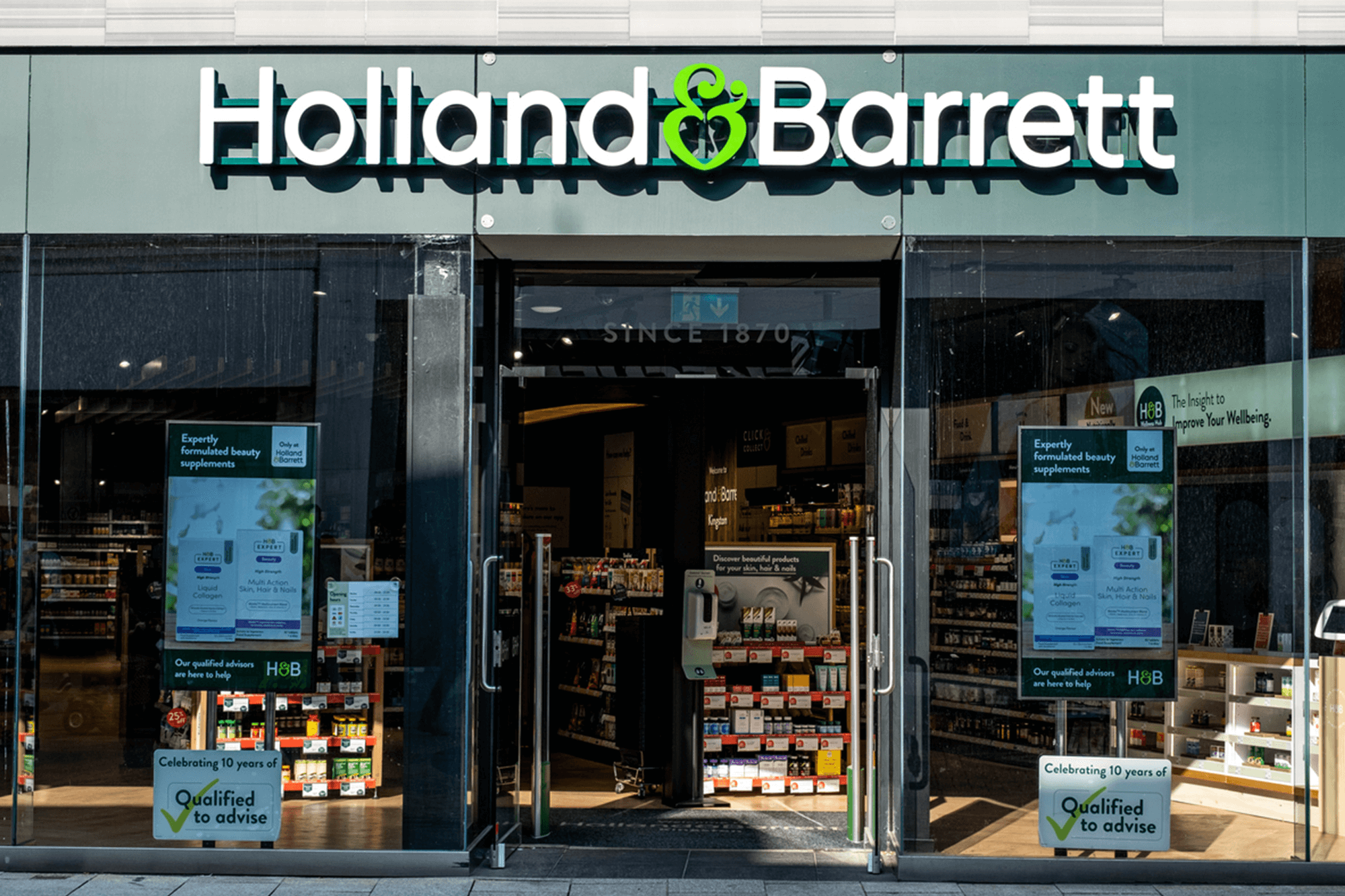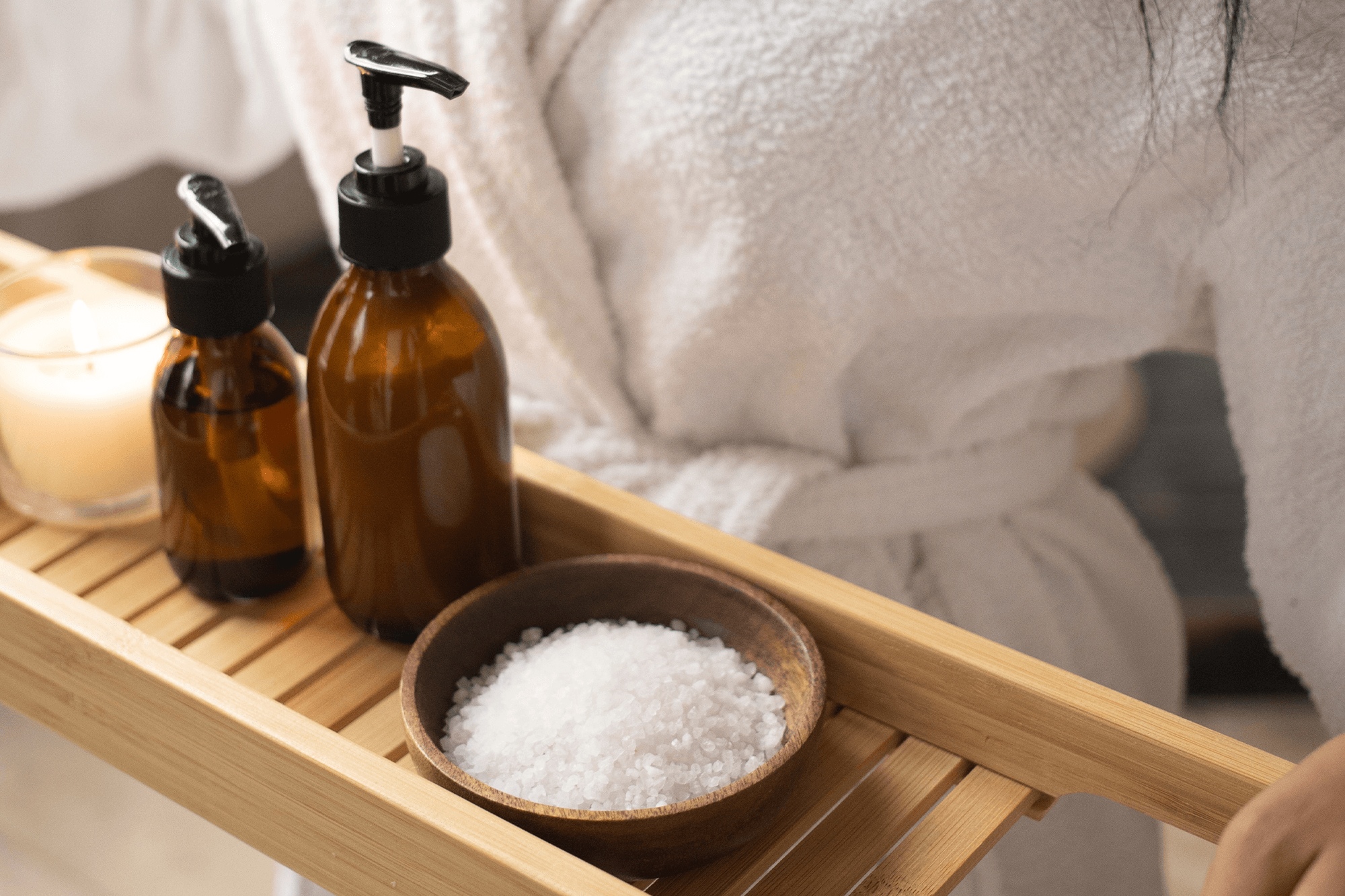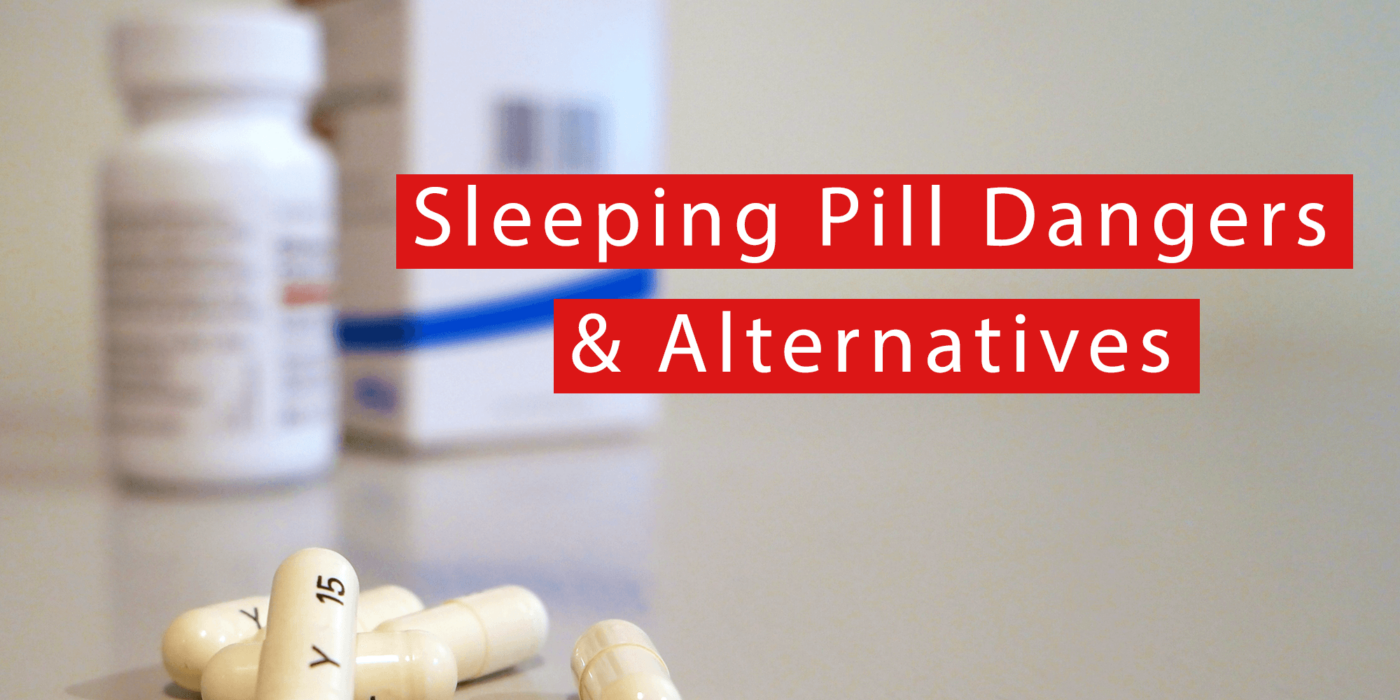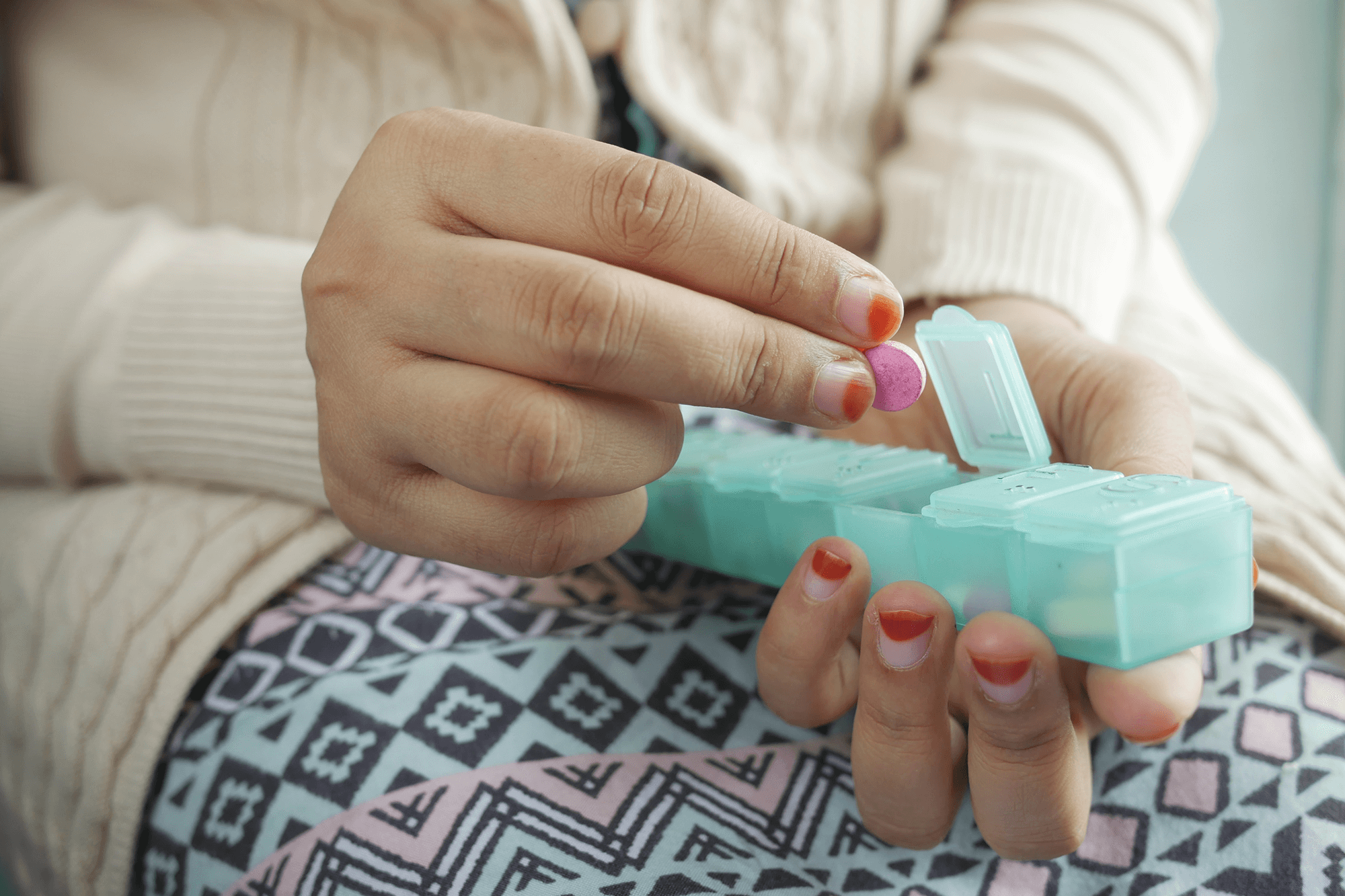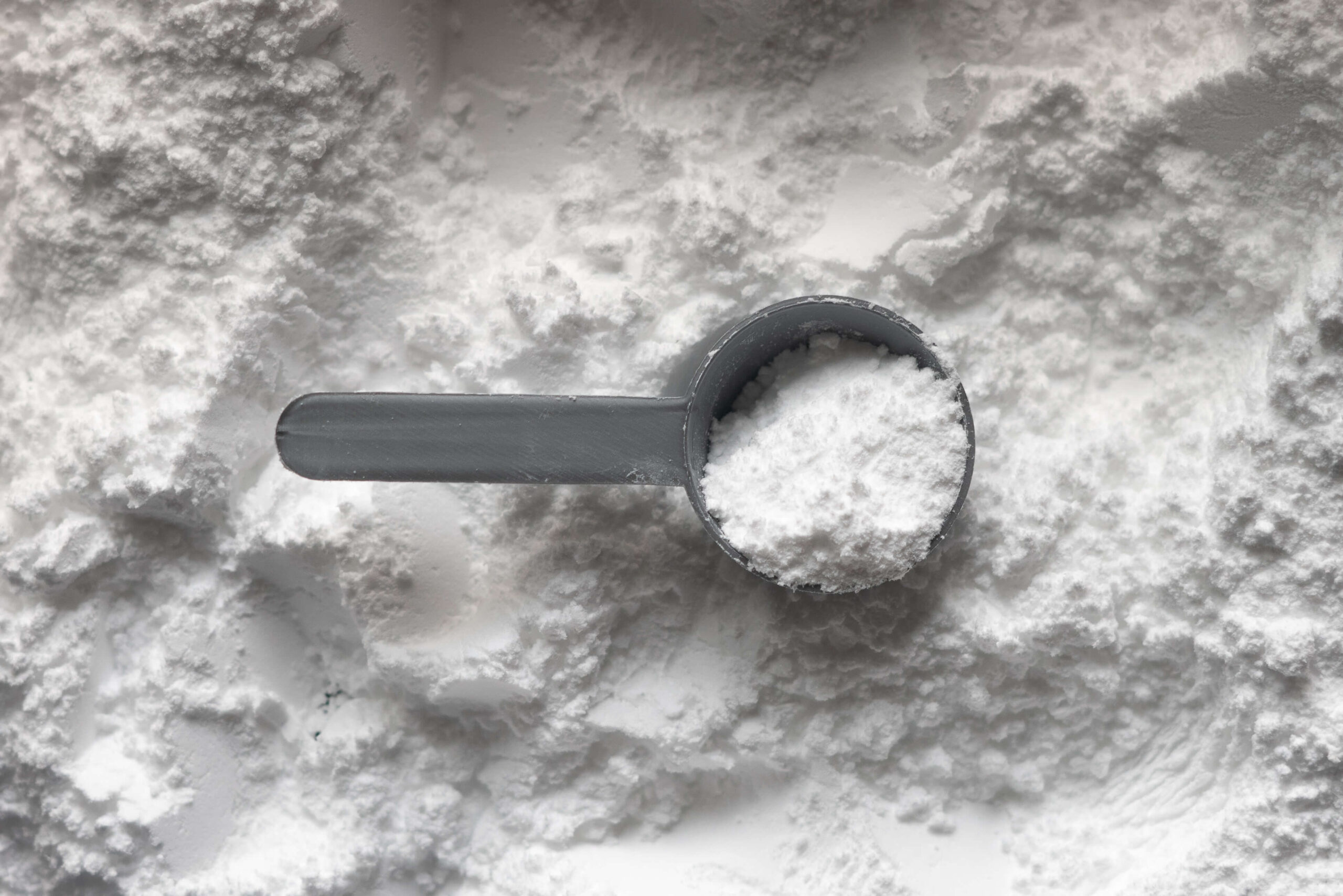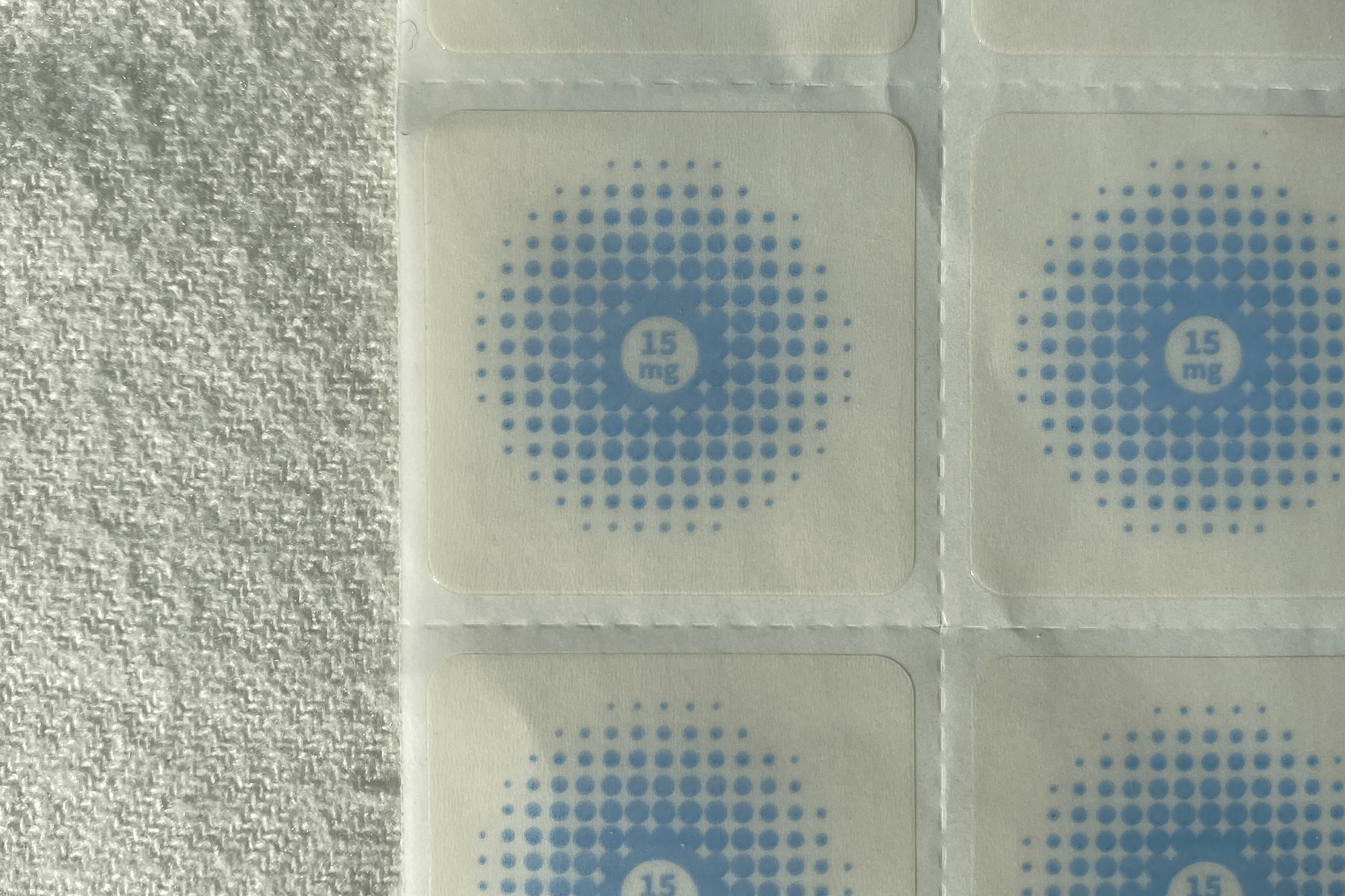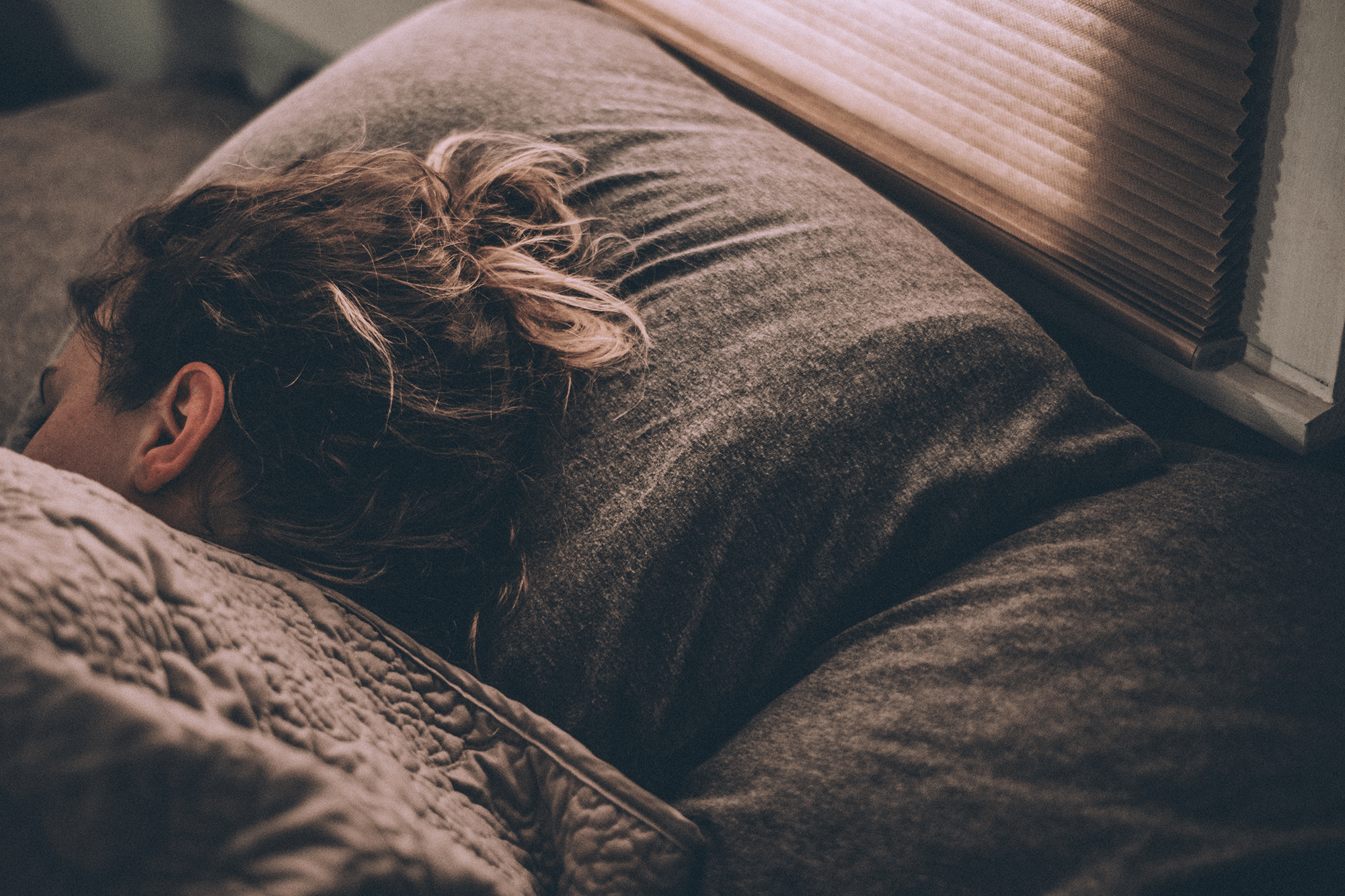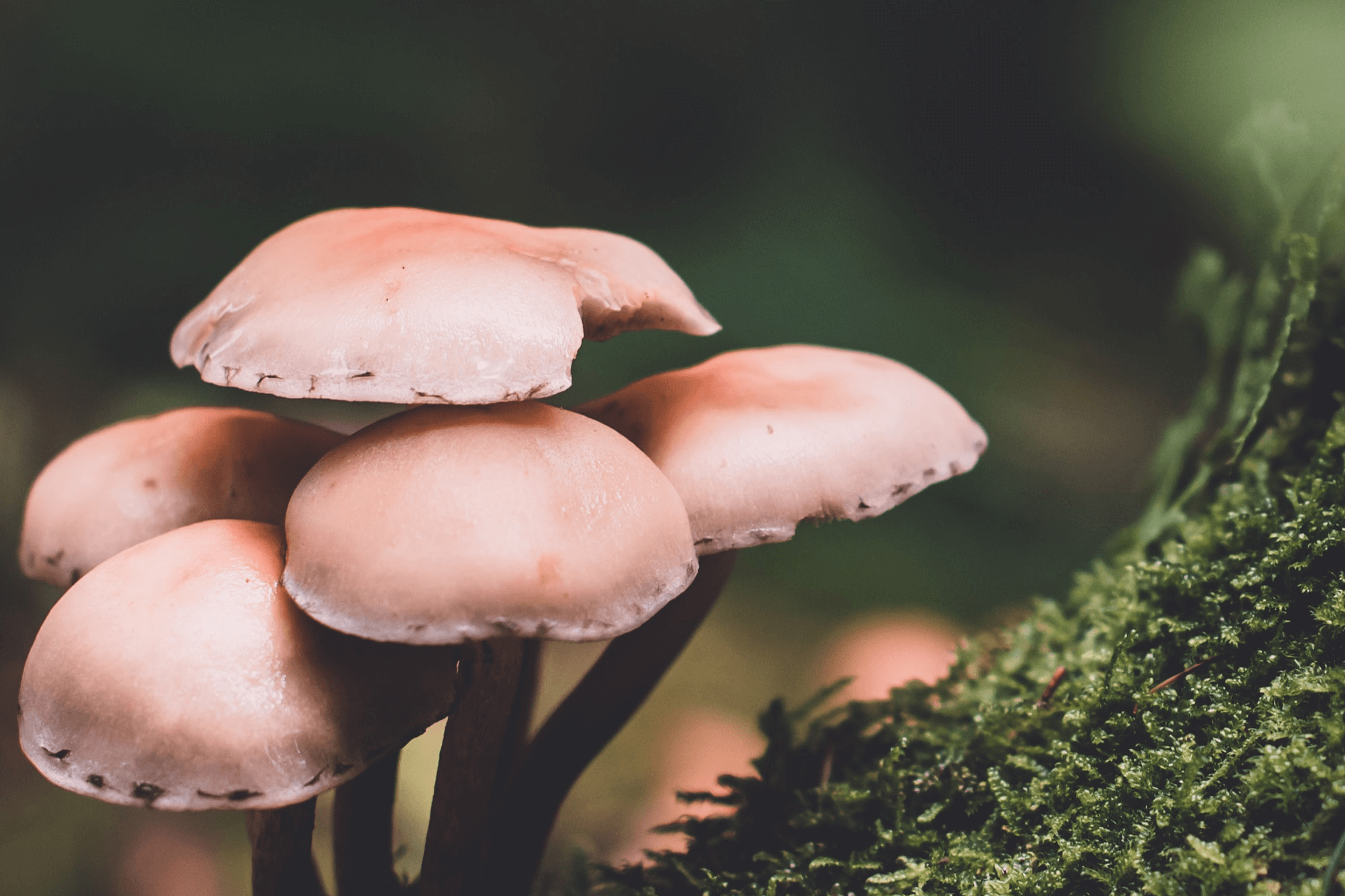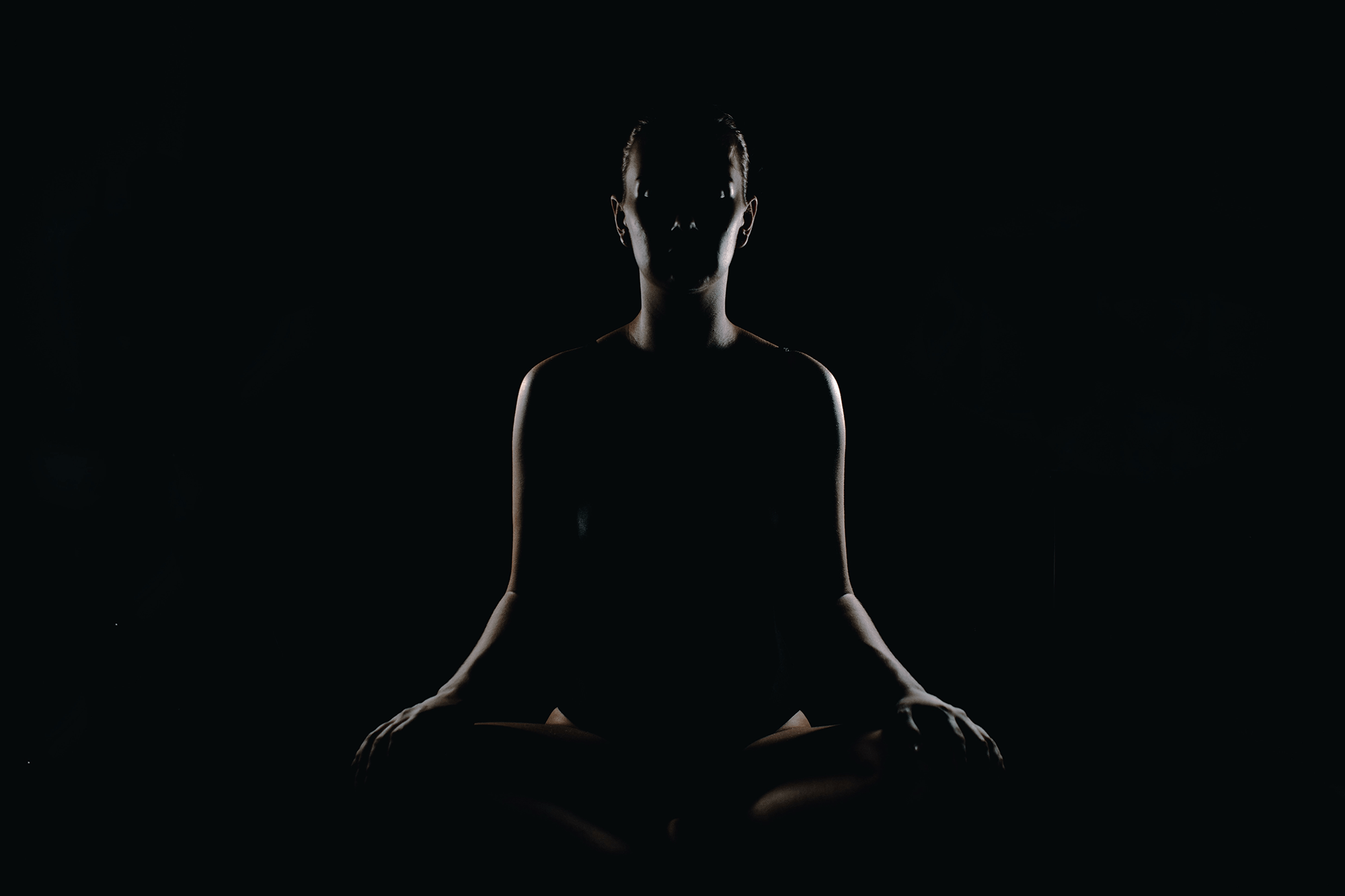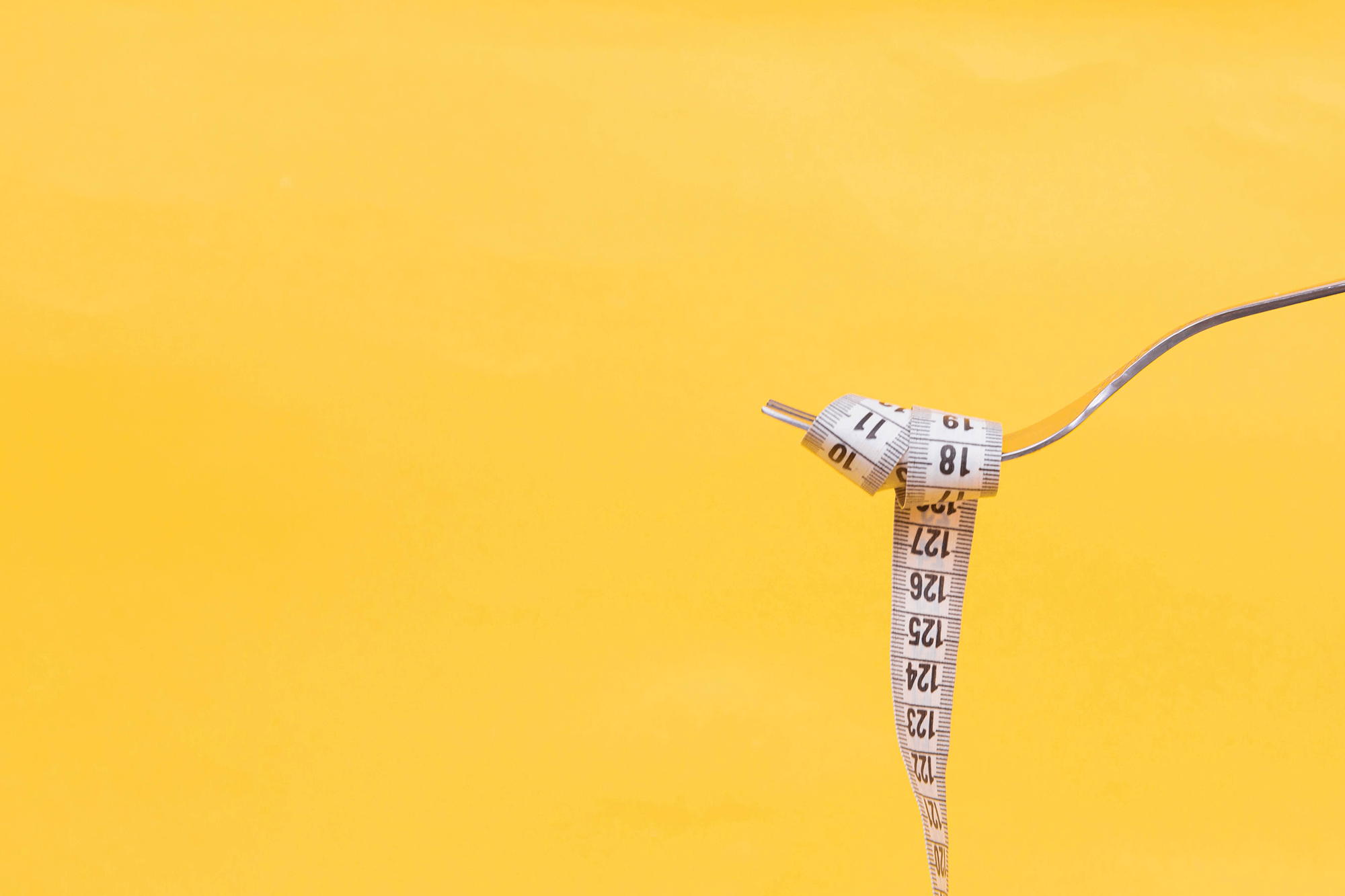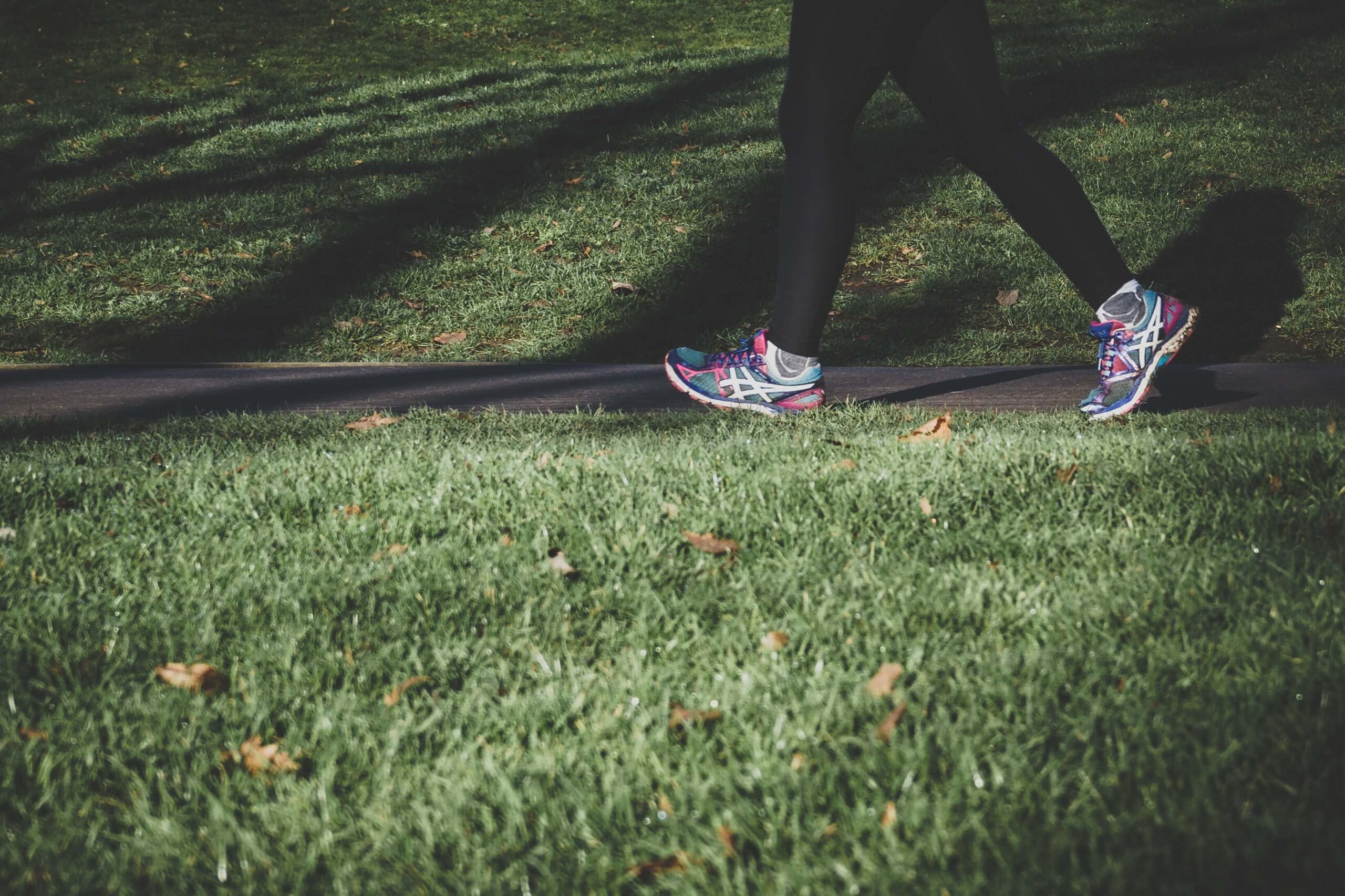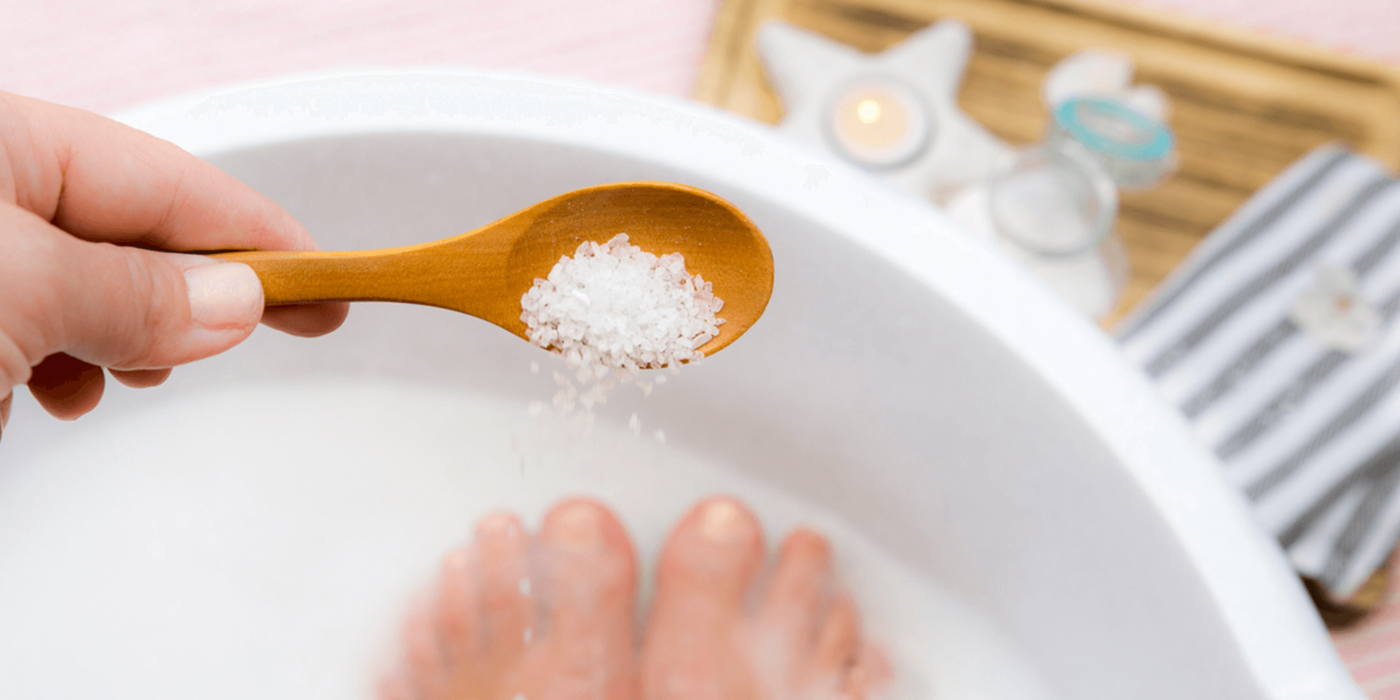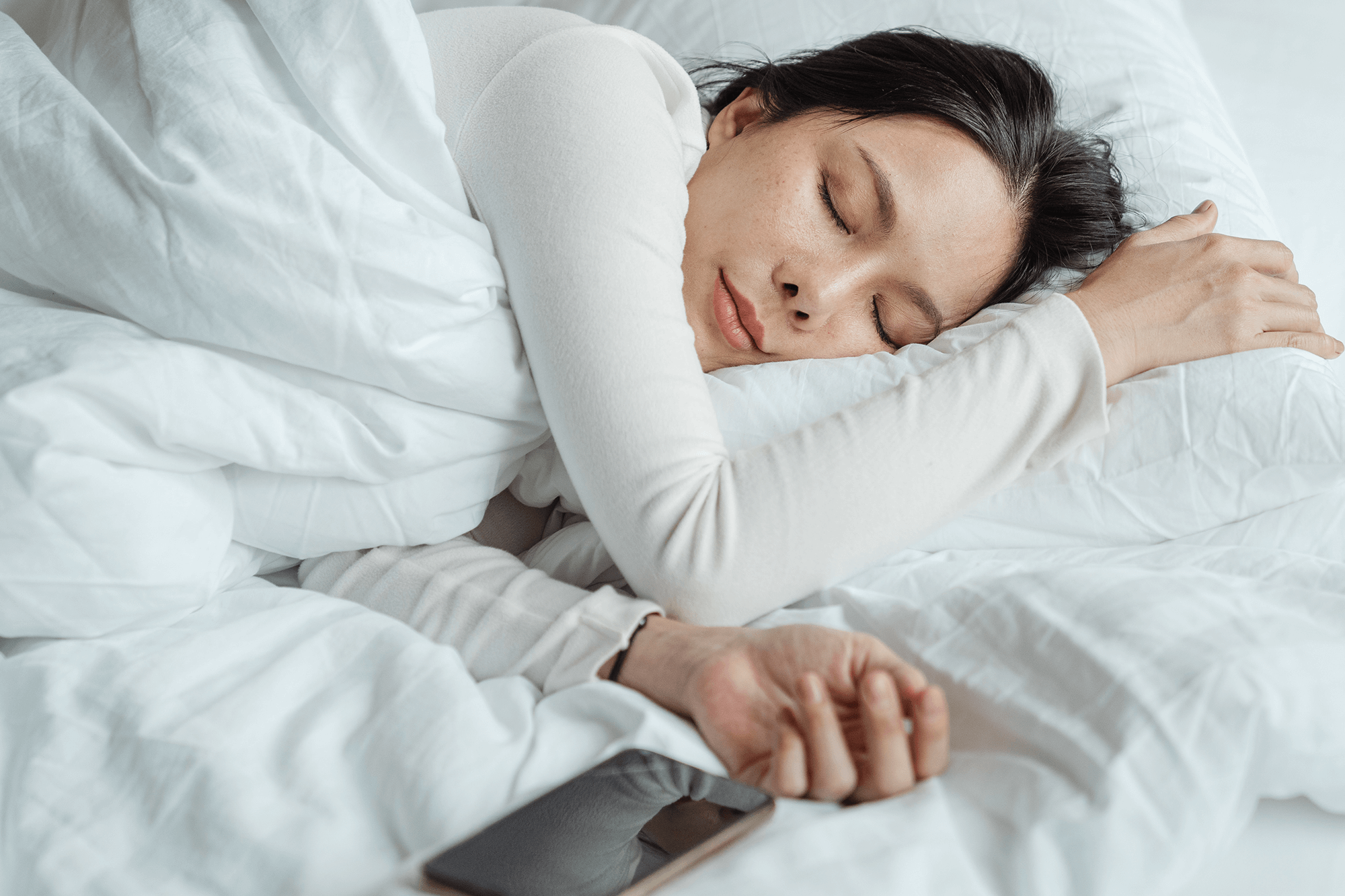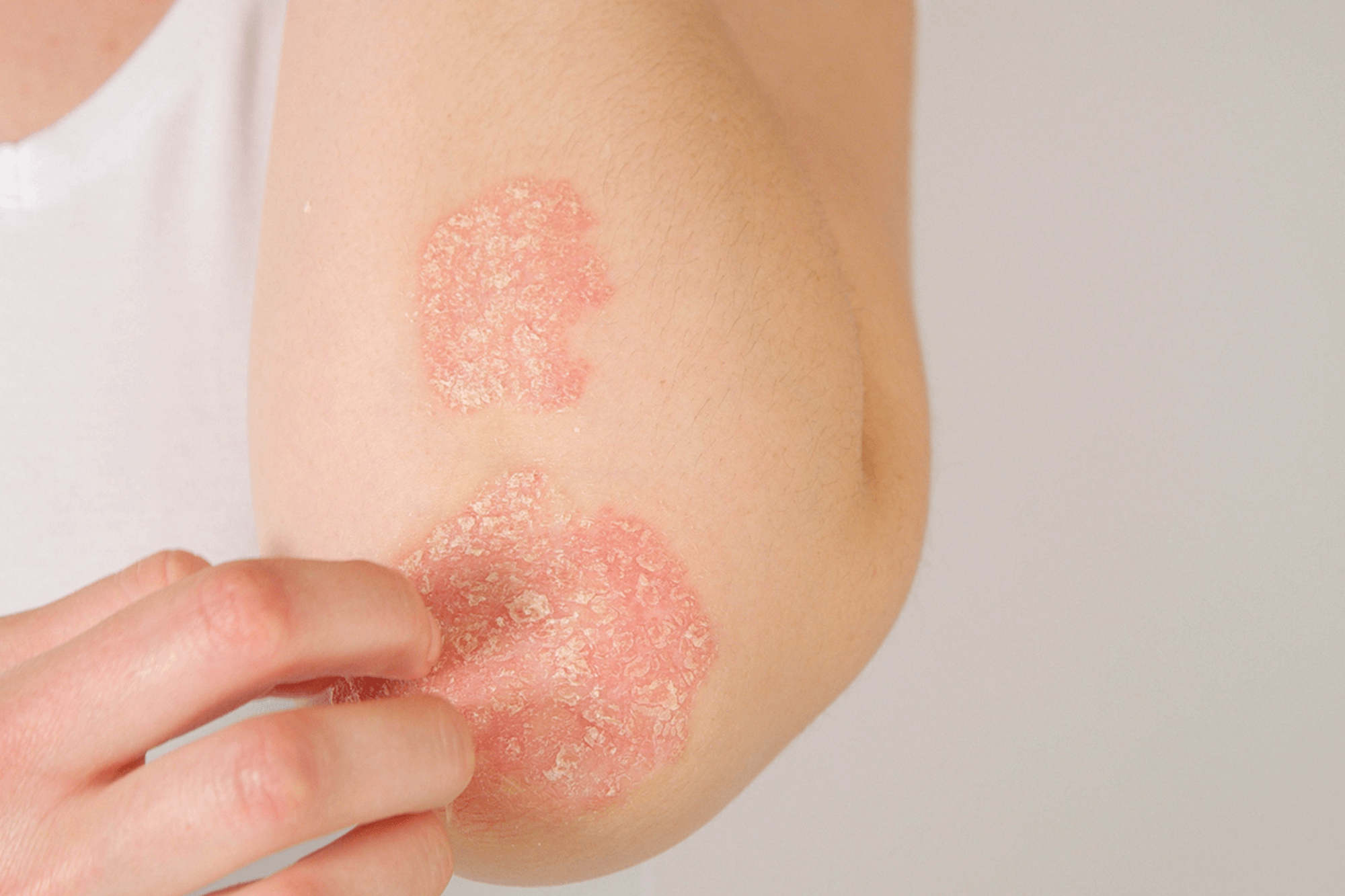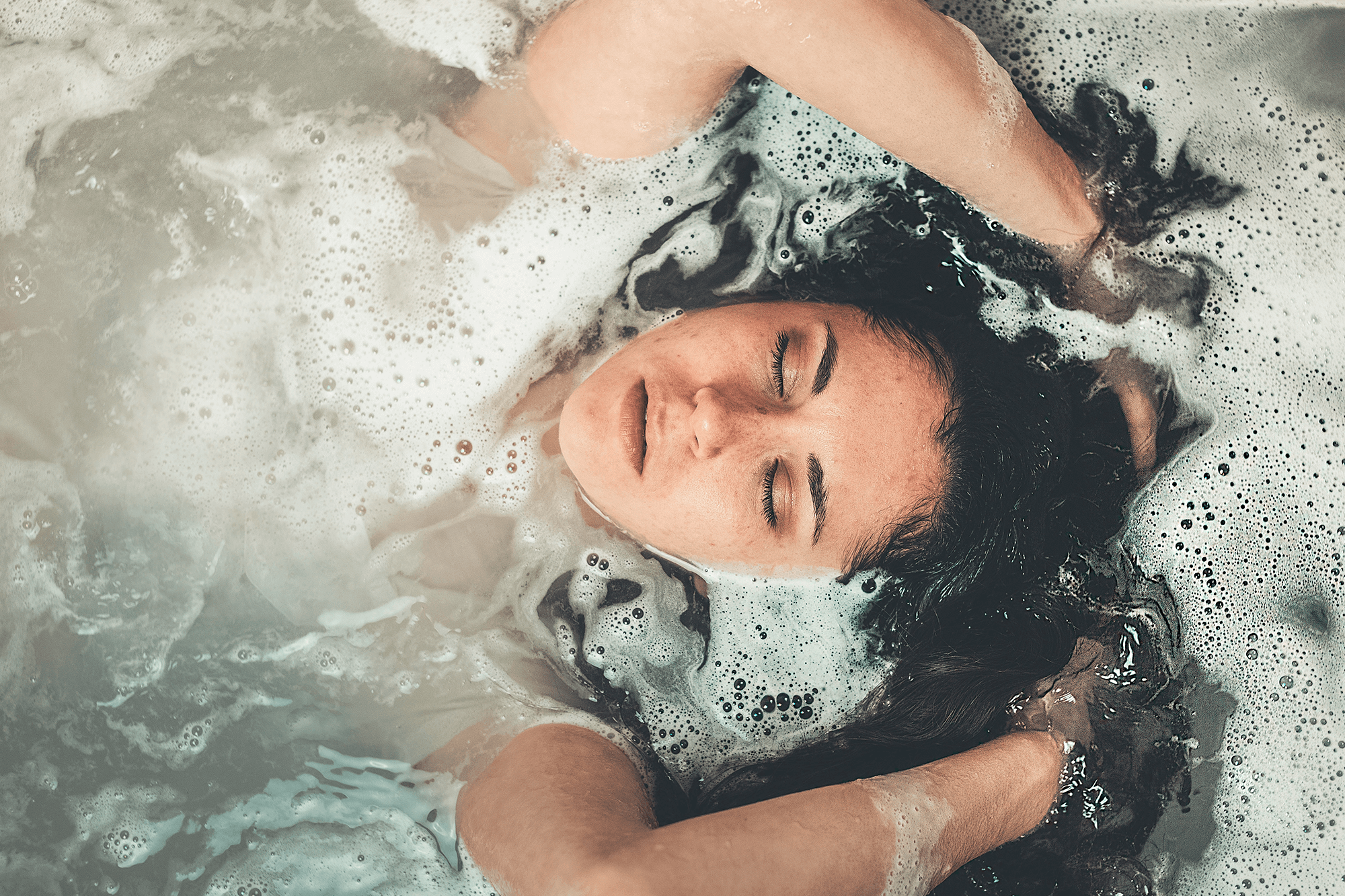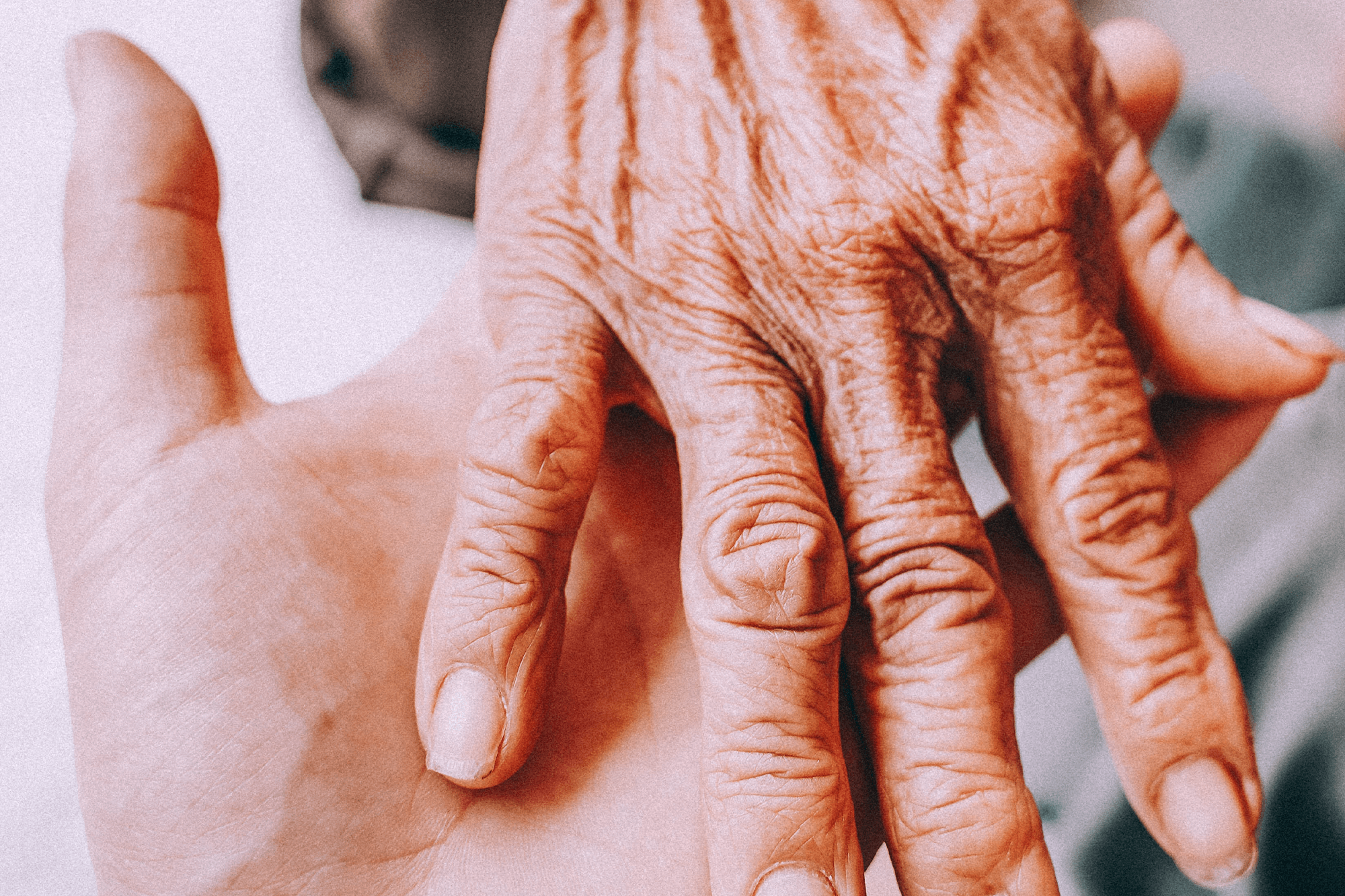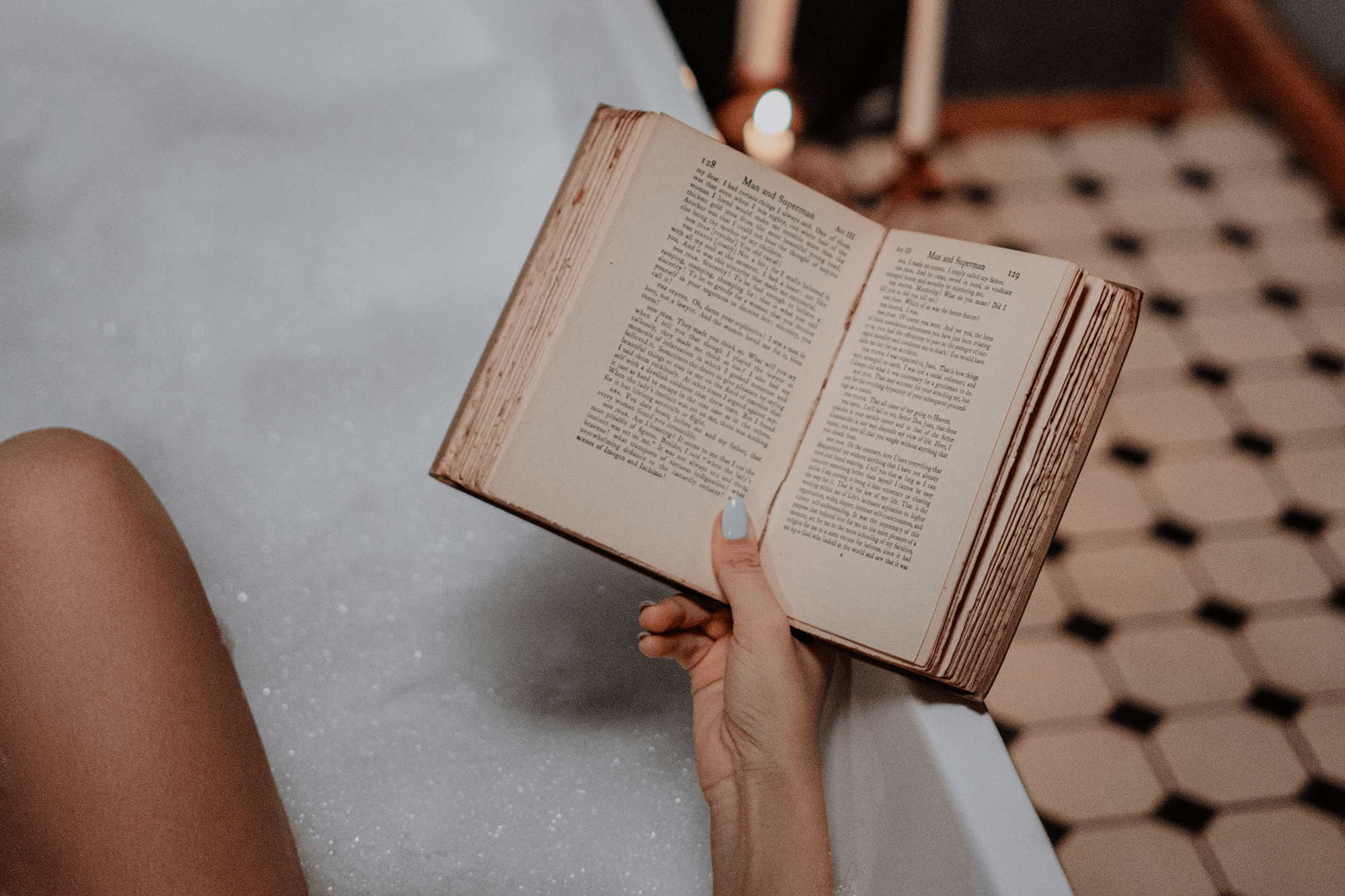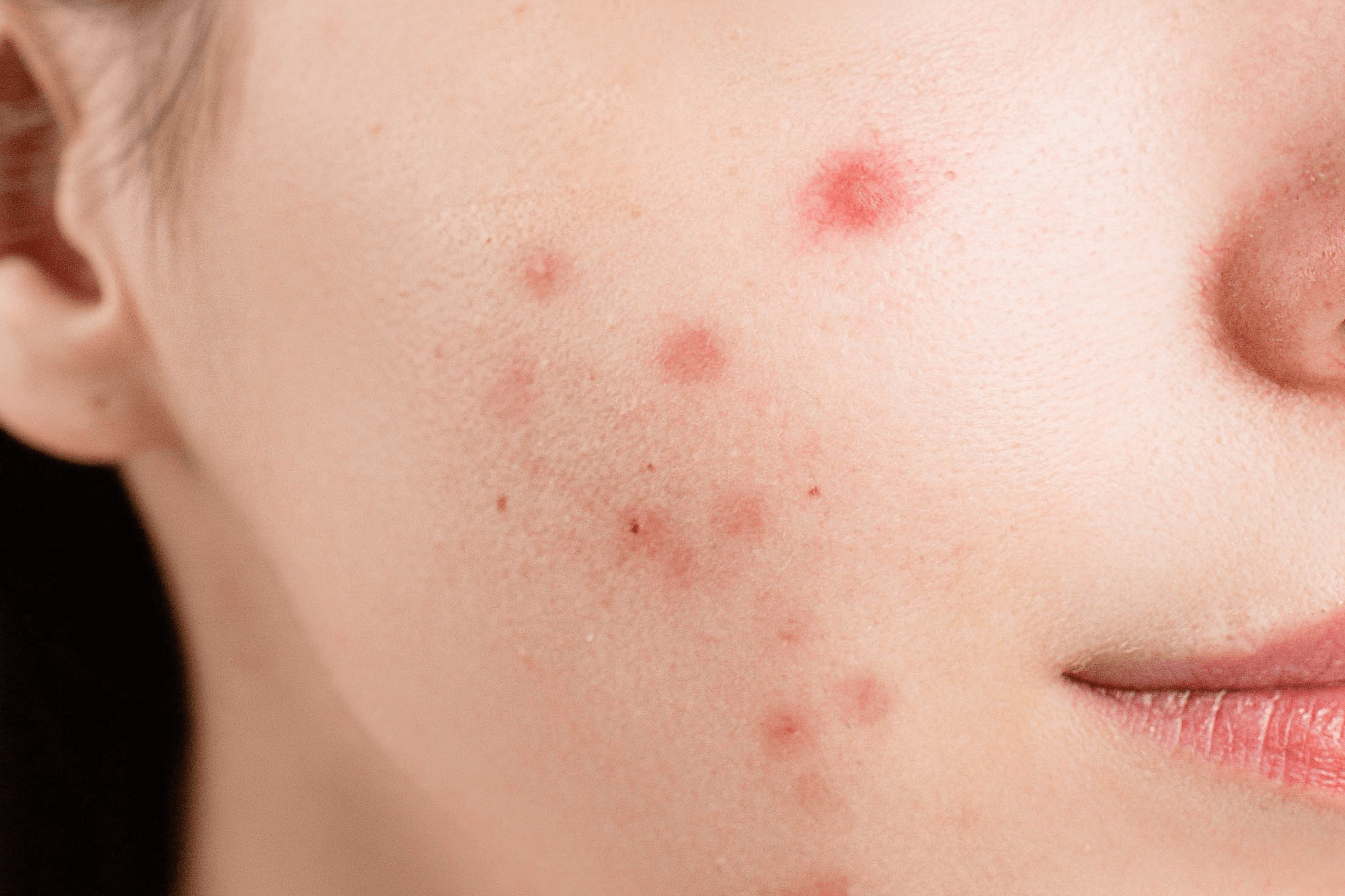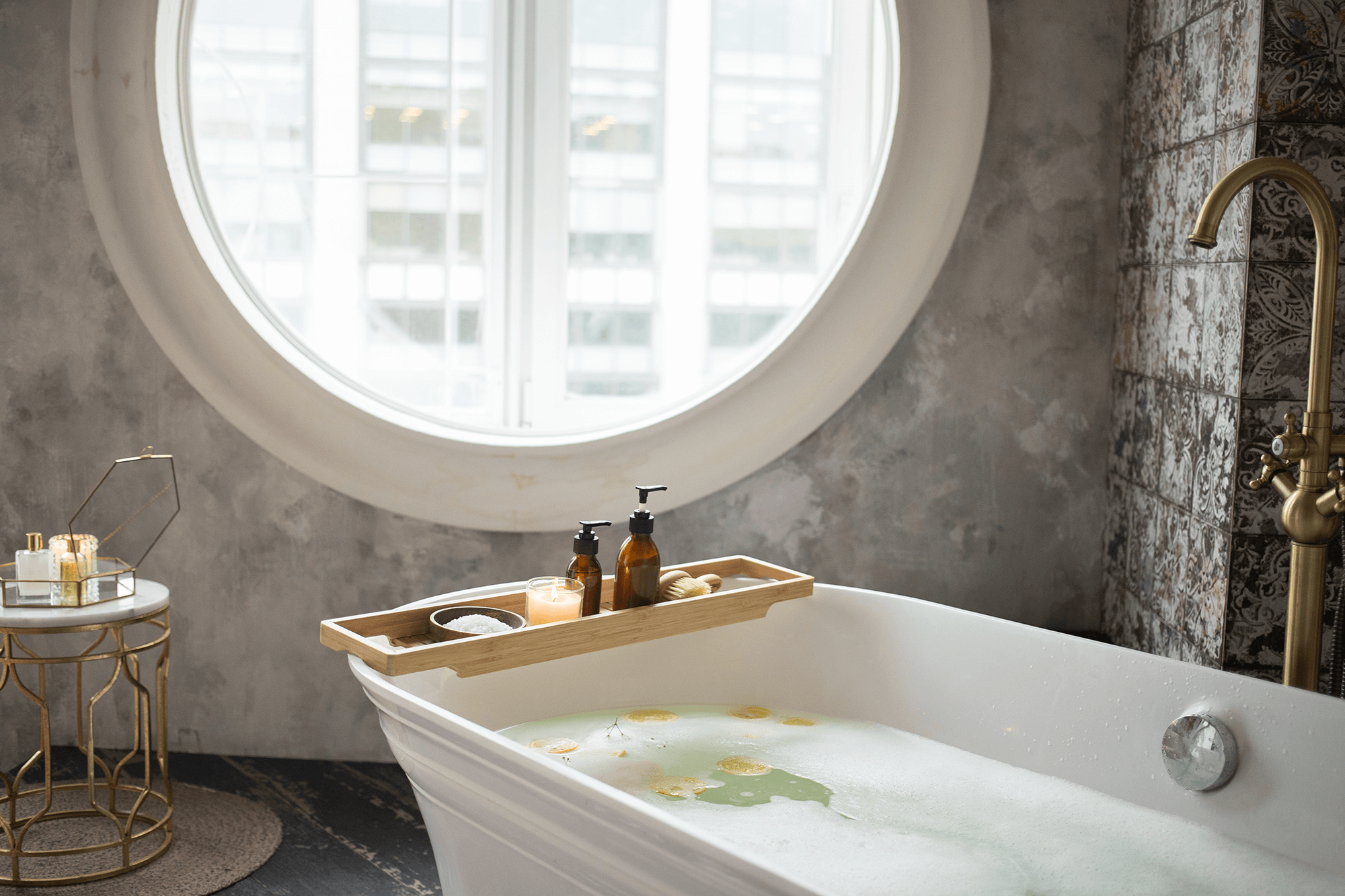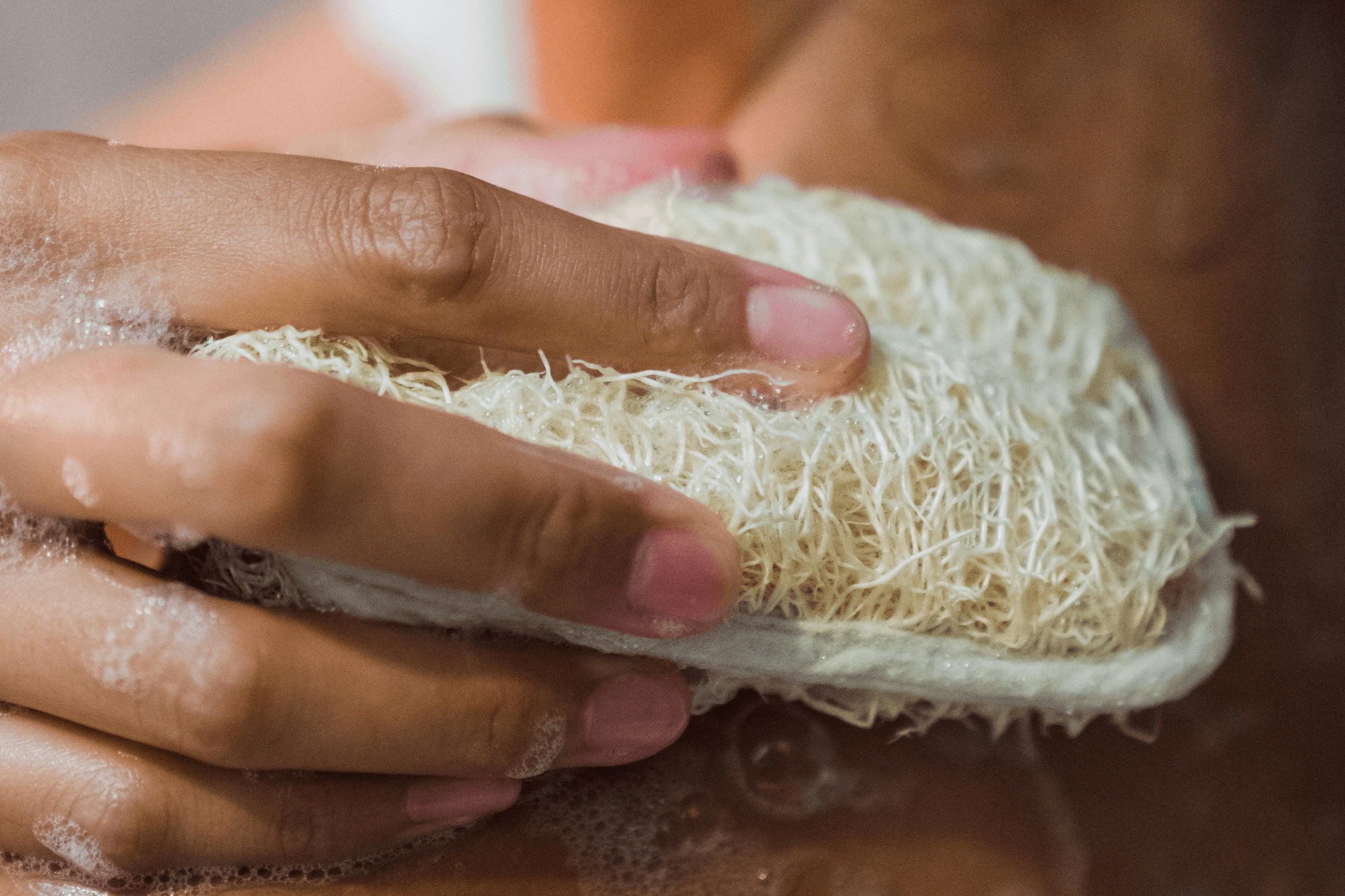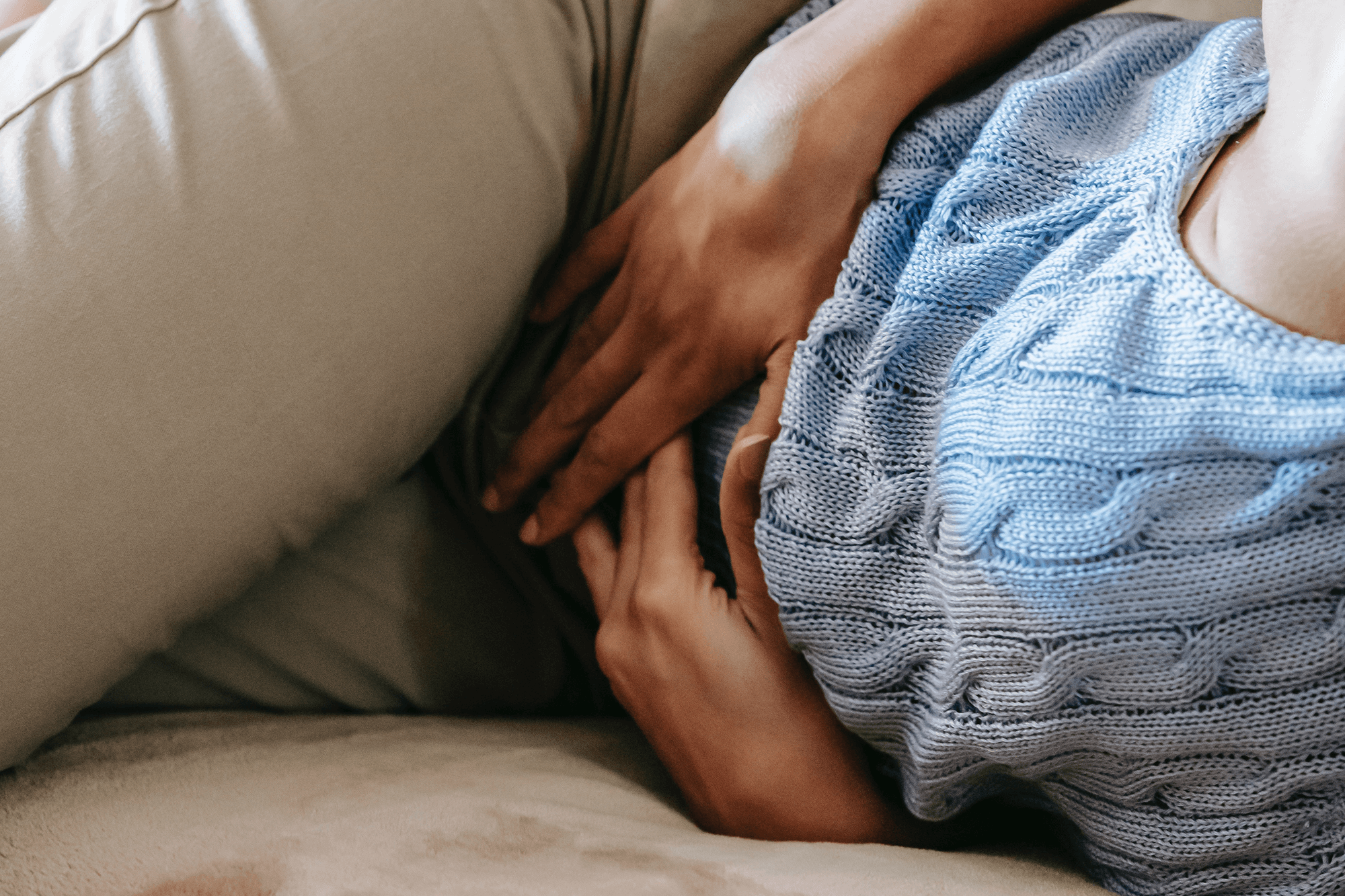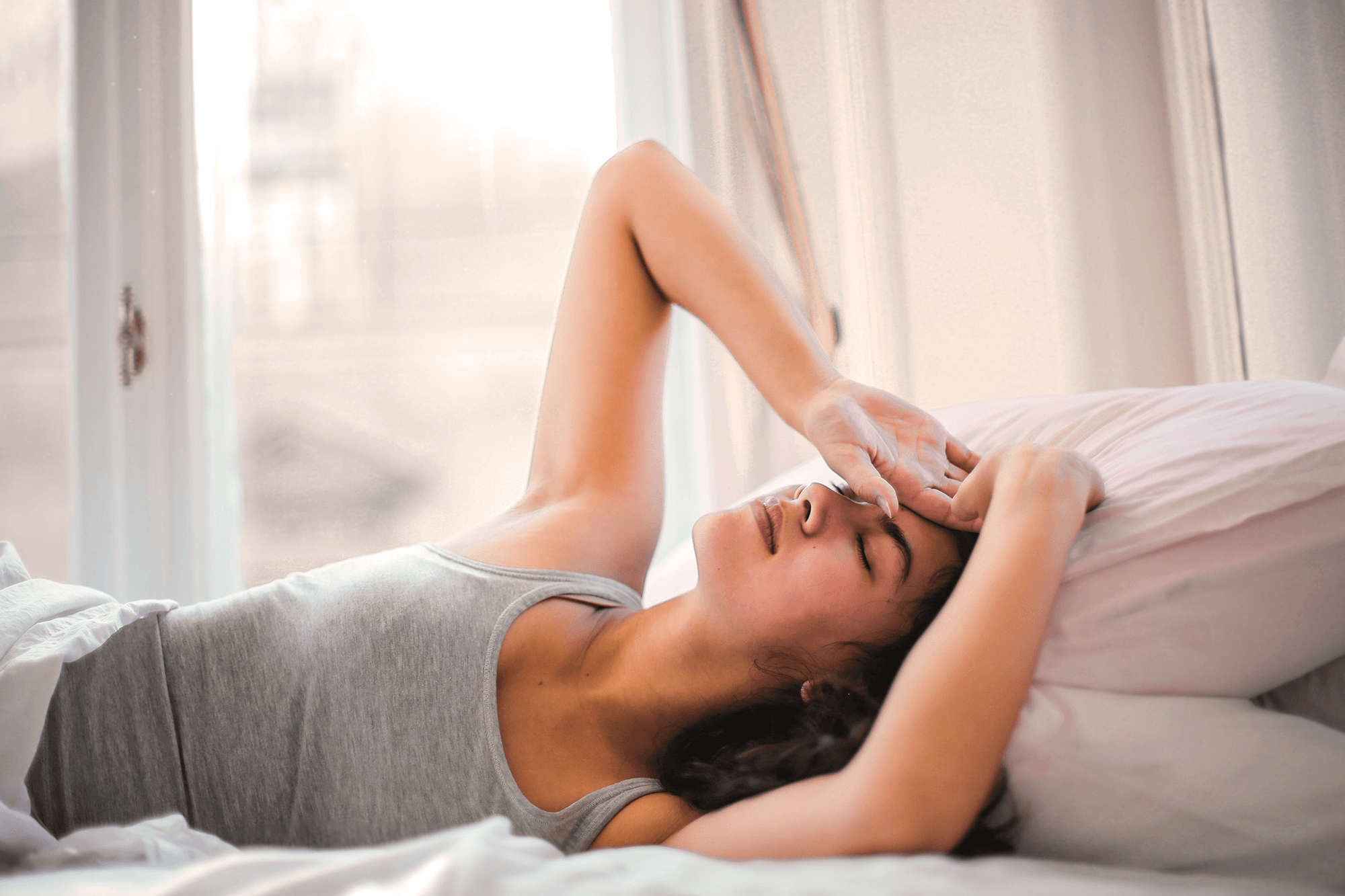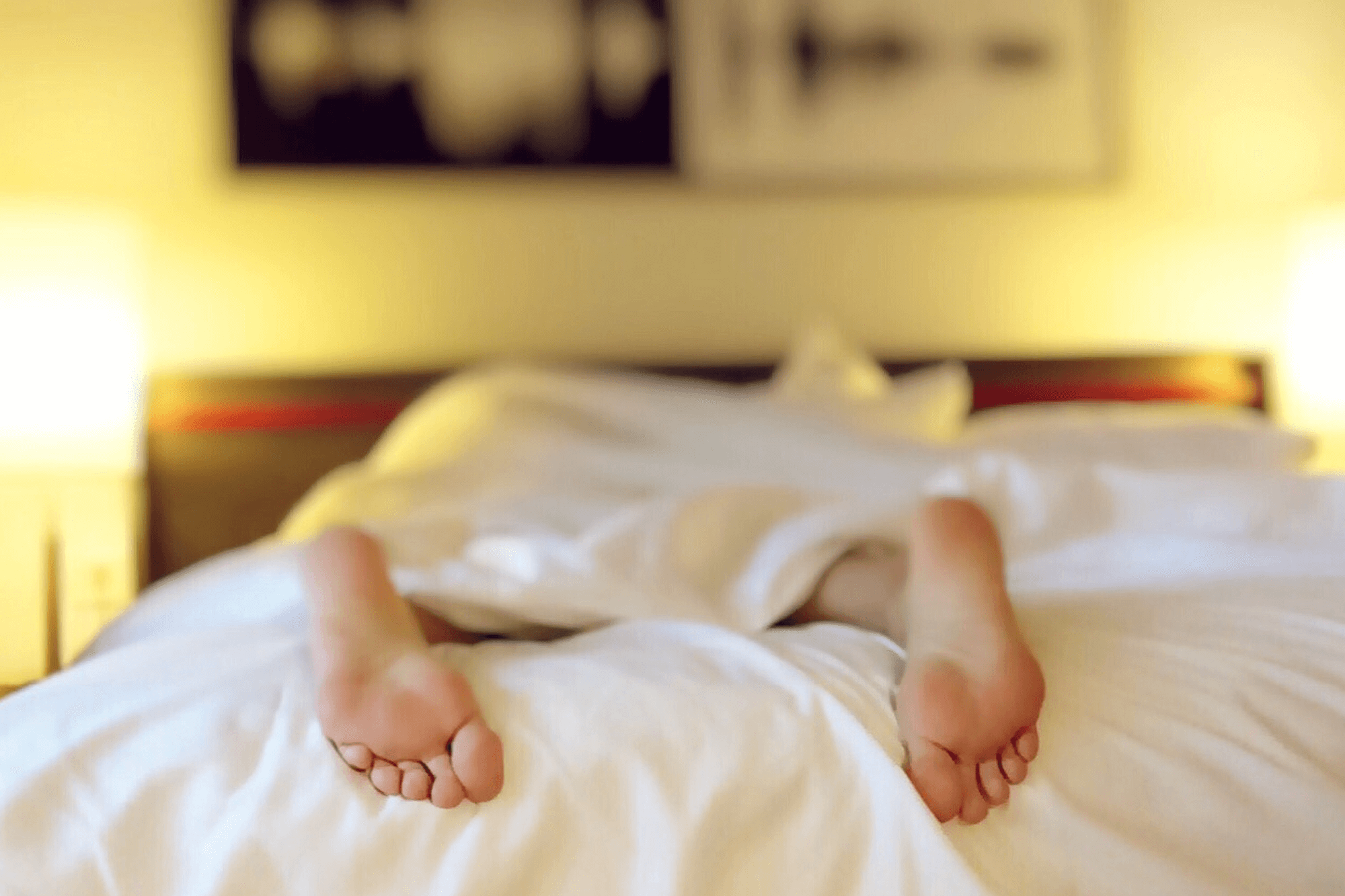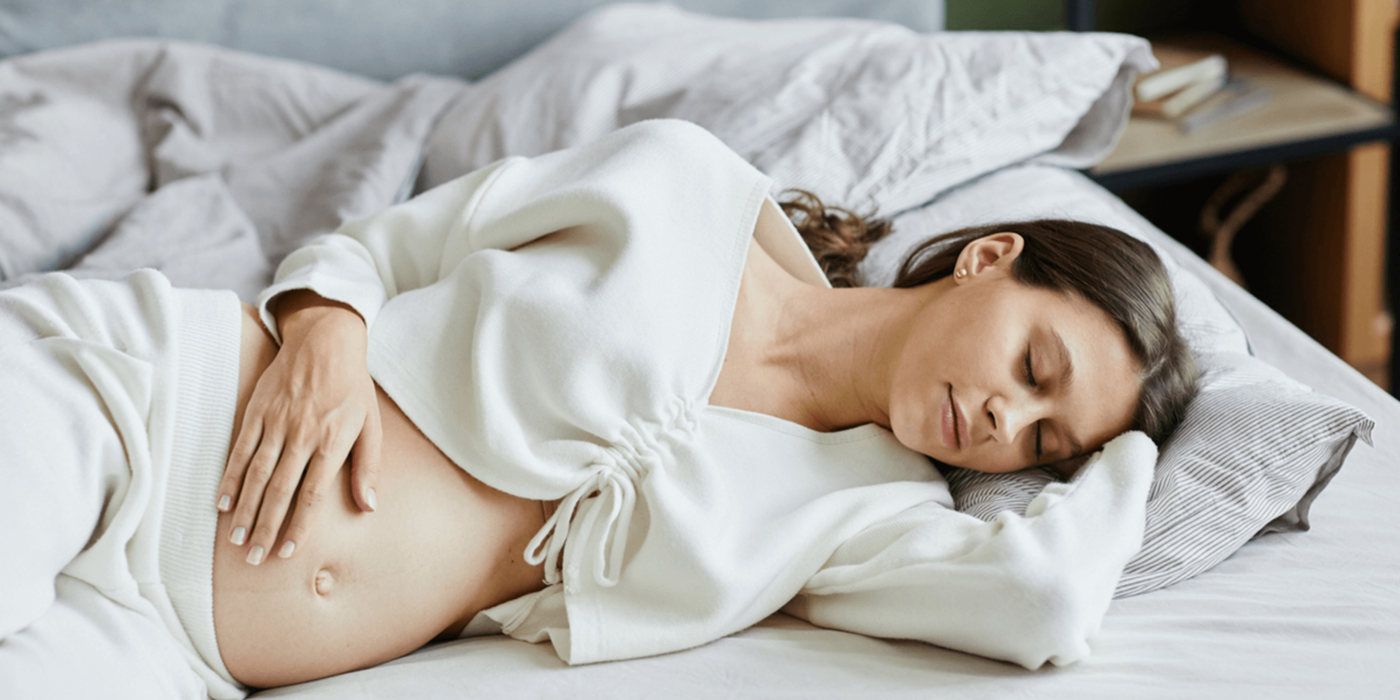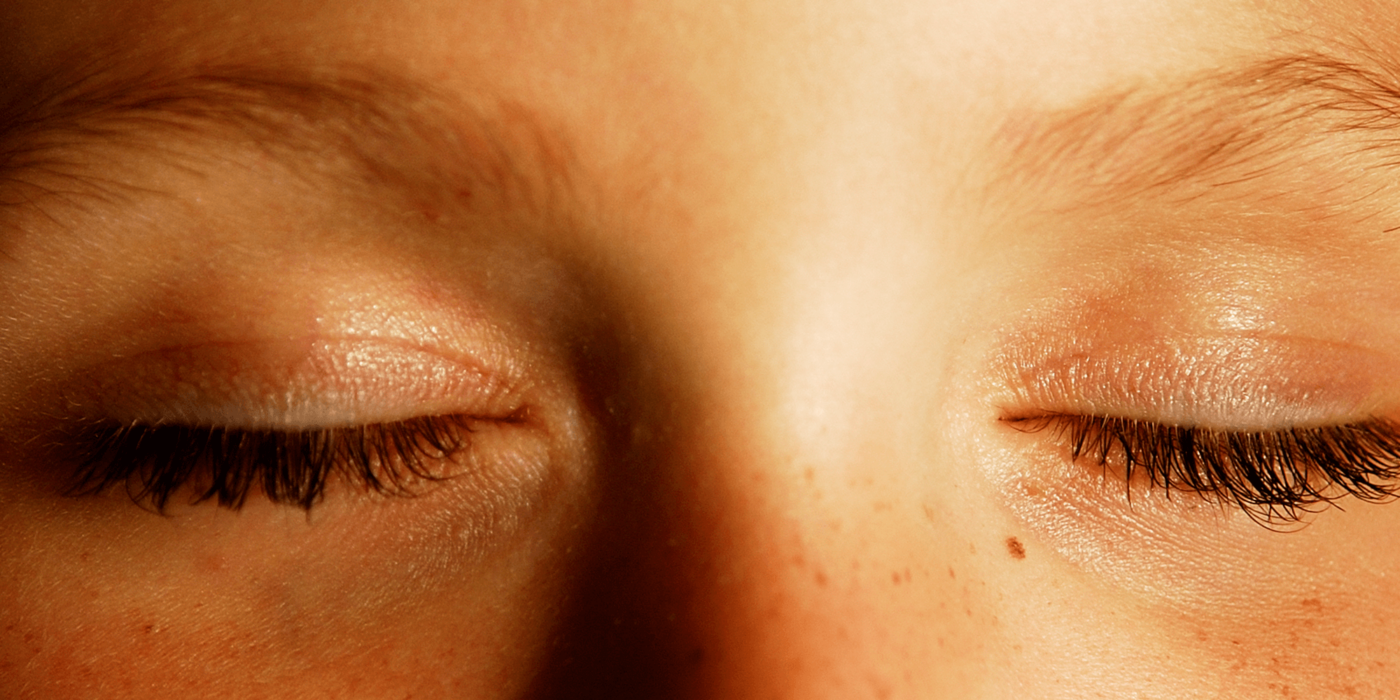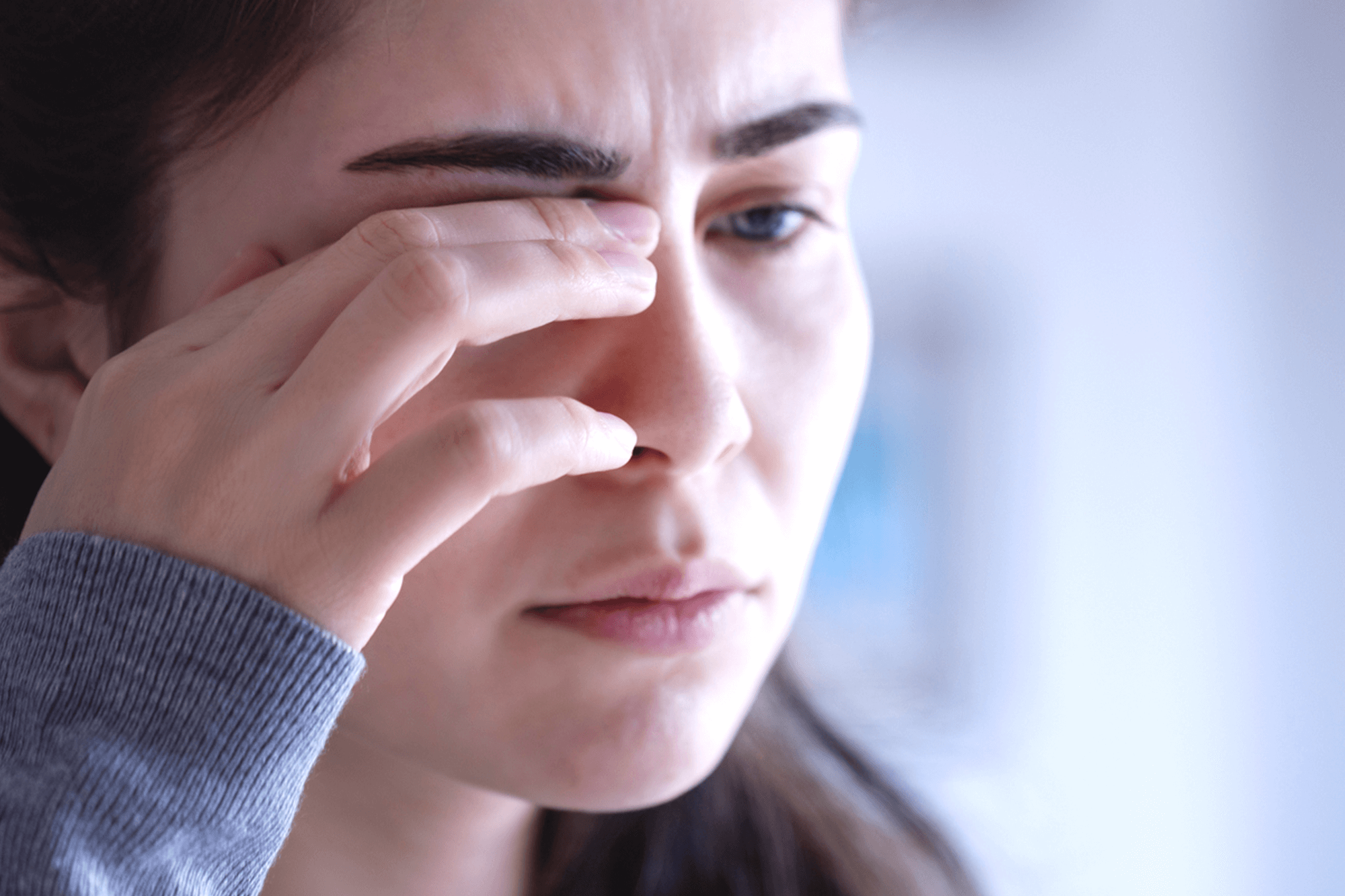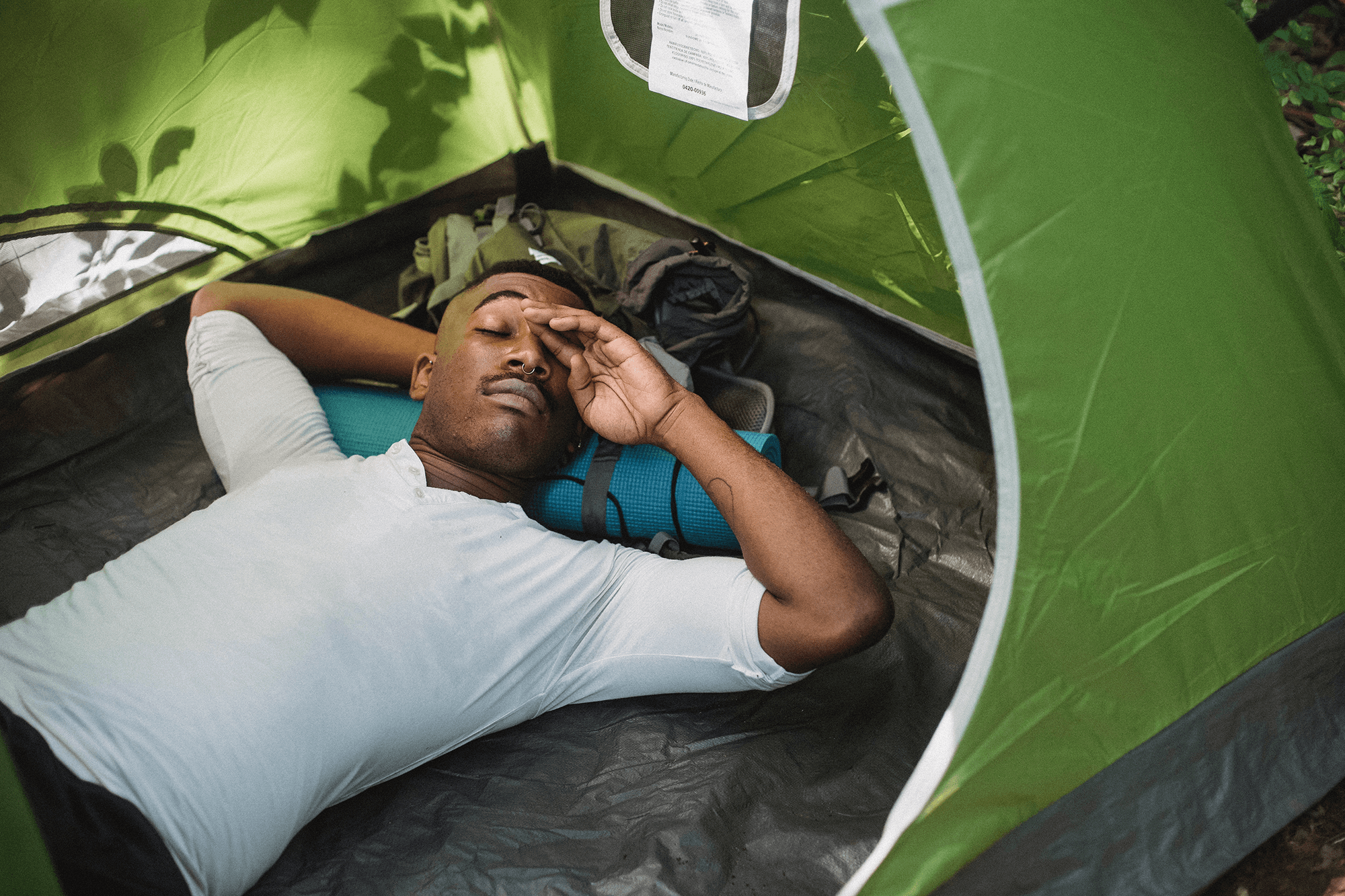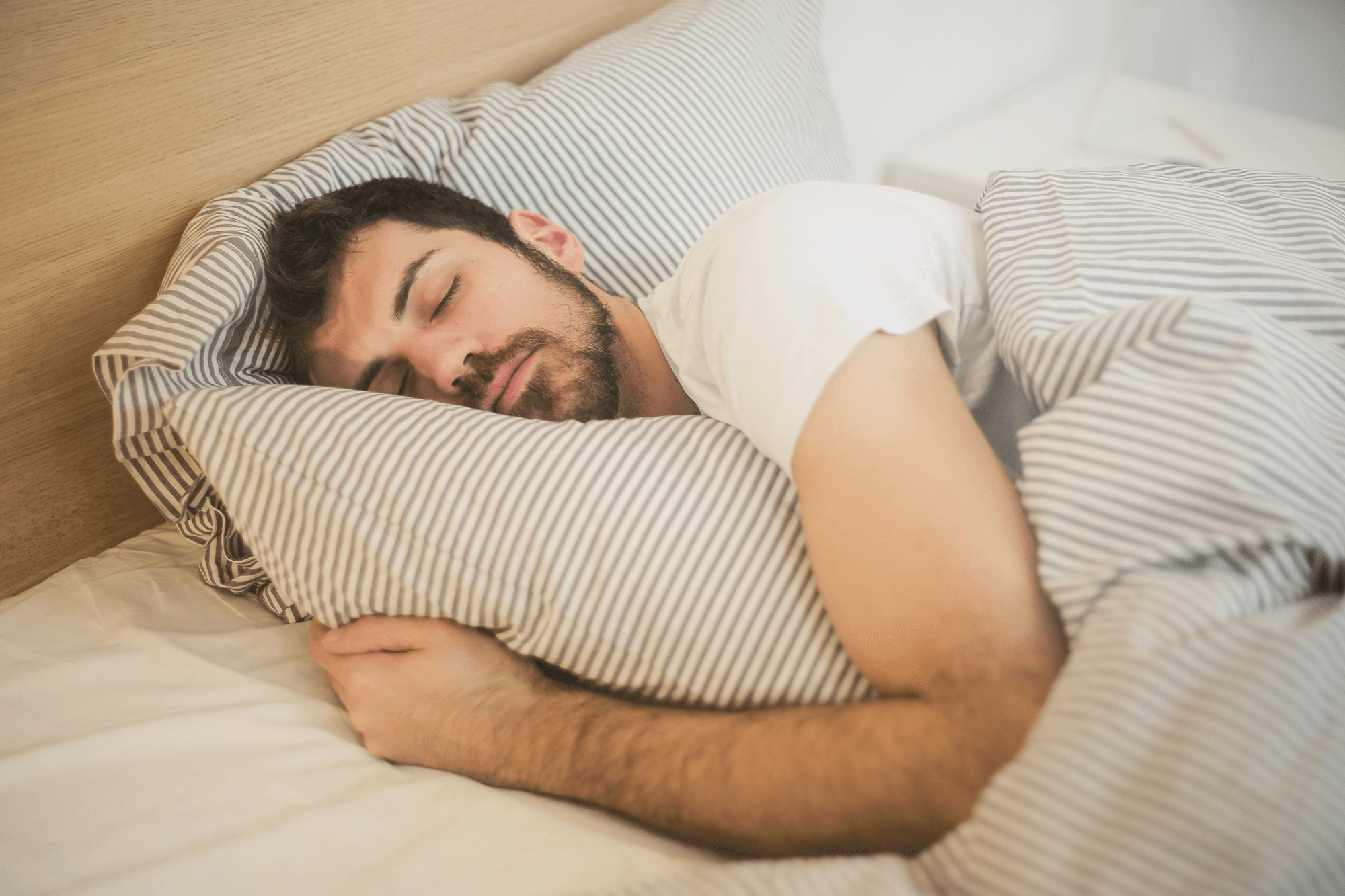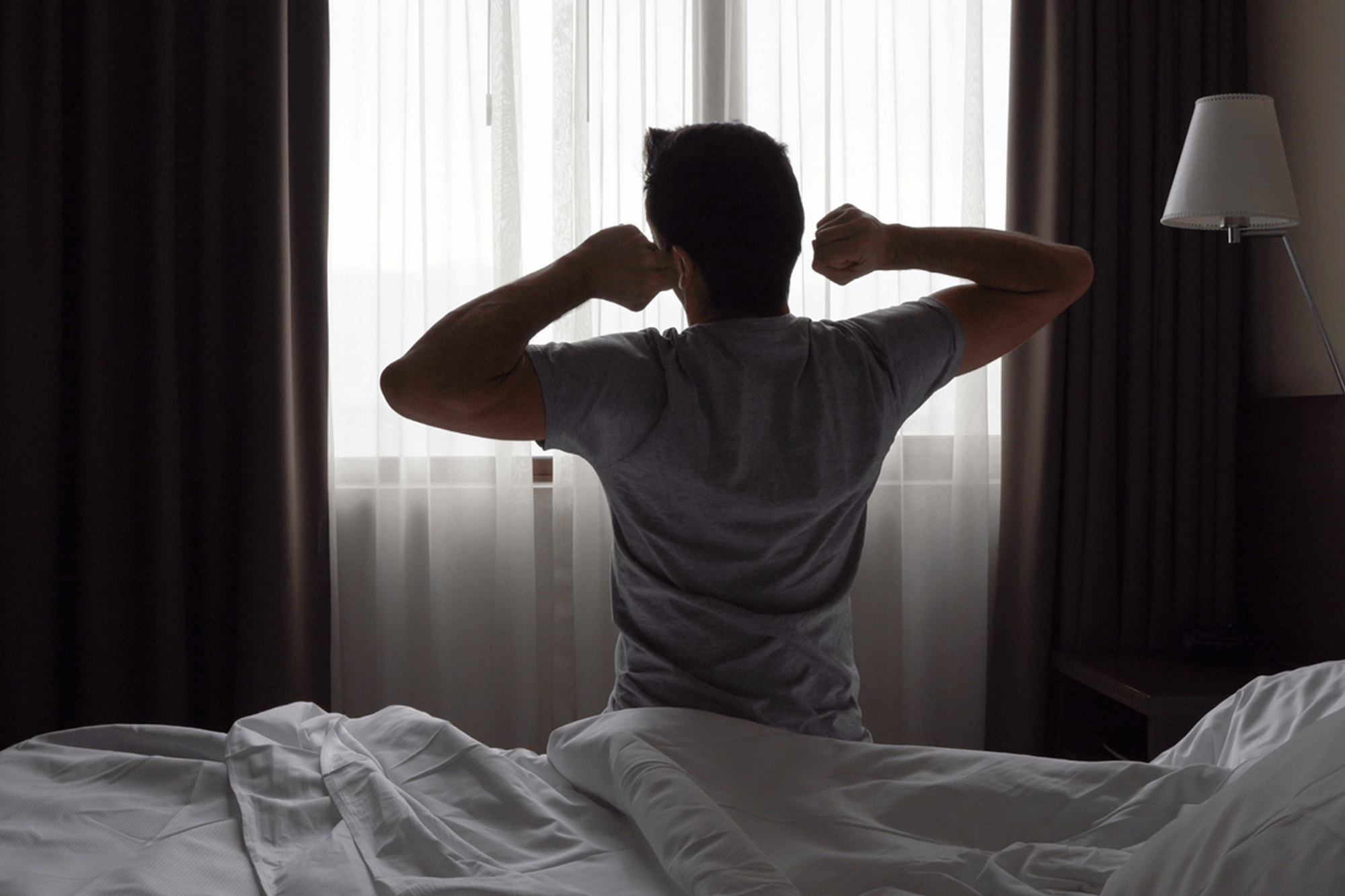Unveiling the Mysteries: The Sleep Patterns of Animals Explained
This may seem like a simple question, but the answer is that different animals sleep in different ways, for differing amounts of times and in different phases.
Wikipedia states that if sleep were not essential then there would be some humans and animals that don’t sleep at all, that humans and animals wouldn’t sleep longer after long periods of wakefulness and that there would be no consequences of long periods without sleep.

It is still not known exactly why we sleep although it is widely agreed by experts that we sleep to rest our brains, repair our bodies and allow ourselves time to recover from the day’s activities.
Poor sleep quality or long periods of sleep deprivation dramatically affect our ability to function properly and it is thought to be the same for animals too.

Do Animals Dream?
Some animals do have REM sleep. REM, or rapid eye movement, sleep is that period of deep sleep we enter during our sleep cycle when our eyes flicker and we dream.
Again, scientists don’t fully understand why we dream but psychoanalysts believe that dreaming is a form of problem solving where our unconscious mind works through conflict, better enabling us to deal with it during our conscious lives.
In animals it is thought that REM sleep helps them consolidate memories which facilitates learning.
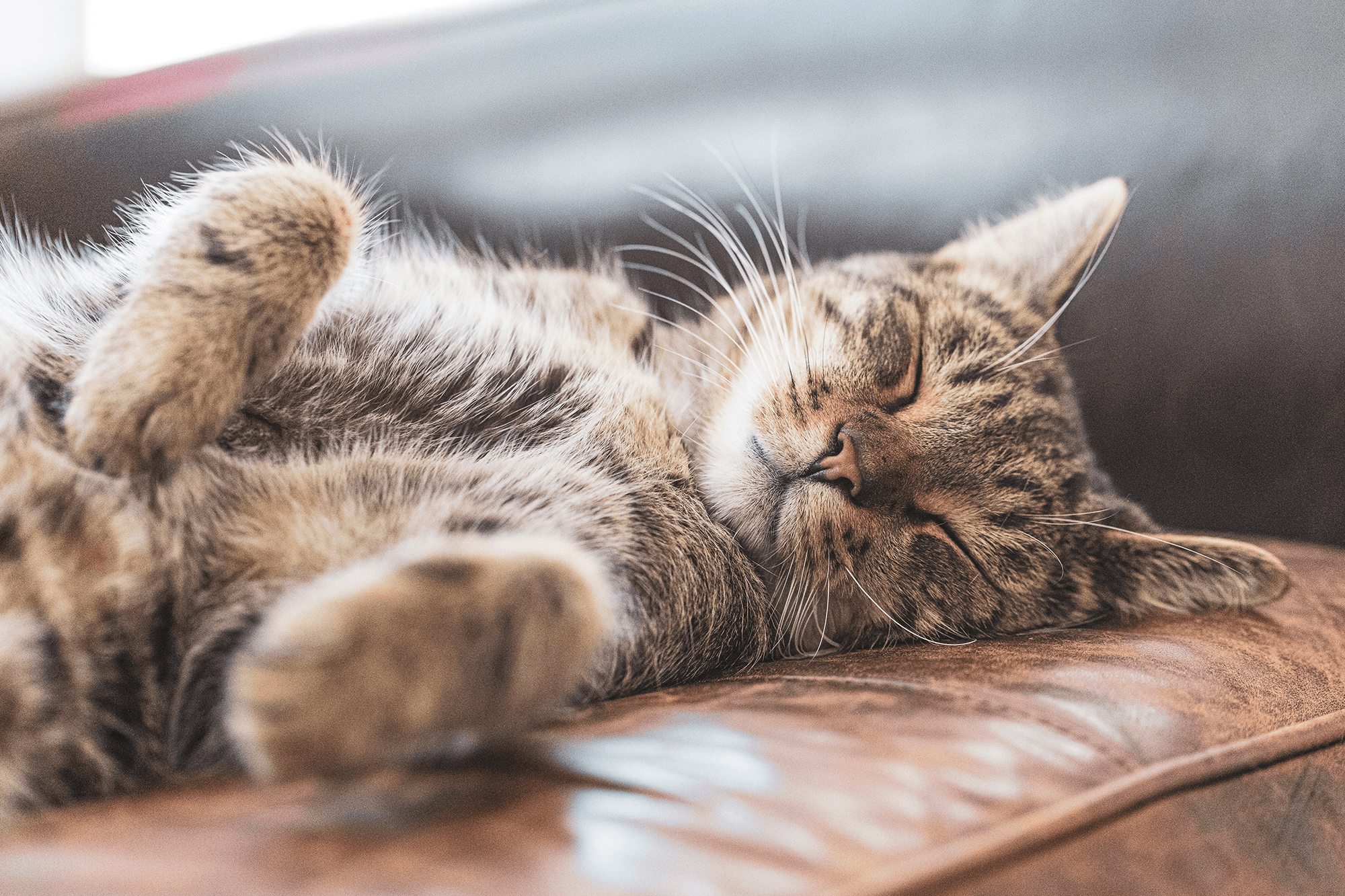
If you have ever had a pet or dog, you’ll know that both species dream. When a cat or dog is in REM sleep their eyes will flicker, and you may even have seen your dog dream-running!
Although both are able to wake instantly, ready for flight or fight. Reptiles and some invertebrates, such as octopi, also enter REM sleep during their sleep cycles.
It is impossible to tell whether they are dreaming but it is likely if they experience this stage of sleep.
REM sleep, and presumably dreaming, is more likely to occur in intelligent species with larger brains than smaller animals such as fish, who don’t get REM sleep and insects who appear to rest temporarily rather than sleep.

Animals that Sleep the Most
The amount of time an animal sleeps will depend on their lifestyle, with large predators such as lions and tigers able to sleep for longer as they have less fear of predation.
Large animals that sleep standing up will sleep for less time and spend more time eating.
Animals that hibernate will spend less time sleeping during non-hibernation and animals that sleep hidden, such as bats, will spend longer conserving their energy as they spend less time hunting but catching prey can be intense when they do come out.
| Animal | Average amount of sleep per 24 hours |
|---|---|
| Brown Bat | 19 hours |
| Giant Armadillo | 18 hours |
| Python | 18 hours |
| Tiger | 15 hours |
| Squirrel | 14 hours |
| Platypus | 14 hours |
Animals that Sleep the Least
Some animals don’t sleep for days, then will sleep for longer periods to catch up and grazing animals tend to have short naps in between feeding.| Animal | Average amount of sleep per 24 hours |
|---|---|
| Giraffe | Sleep less than 2 hours a day |
| Horses | Only sleep around 2.5 hours a day |
| Elephants | 4-5 hours |
| Sheep | 4 hours |
| Goats | 4 hours |
| Cows | 4 hours |
Different Sleeping Positions
Certain animals have the ability to sleep by switching off one hemisphere of their brain. This is known as unihemispheric slow-wave sleep or USWS.
It is most common in birds but also occurs in dolphins and some other aquatic species.
Sleeping in this way allows the animals to sleep with one eye open to keep an eye out for predators, or to maintain limited function, whilst the other half of their brain rests and recovers.

Some larger animals such as giraffe can only achieve REM sleep in certain positions as it causes muscle atonia which could make them fall over. To combat this, many larger animals sleep standing up.
Meerkats sleep in a huge pile to protect their vulnerable, protect their alphas and to keep warm.
Otters sleep on their backs floating in water, wrapped in seaweed, away from land-based predators.
Chimpanzees, and a few other monkey species build nests in trees for sleeping and move from different nest sites each night.
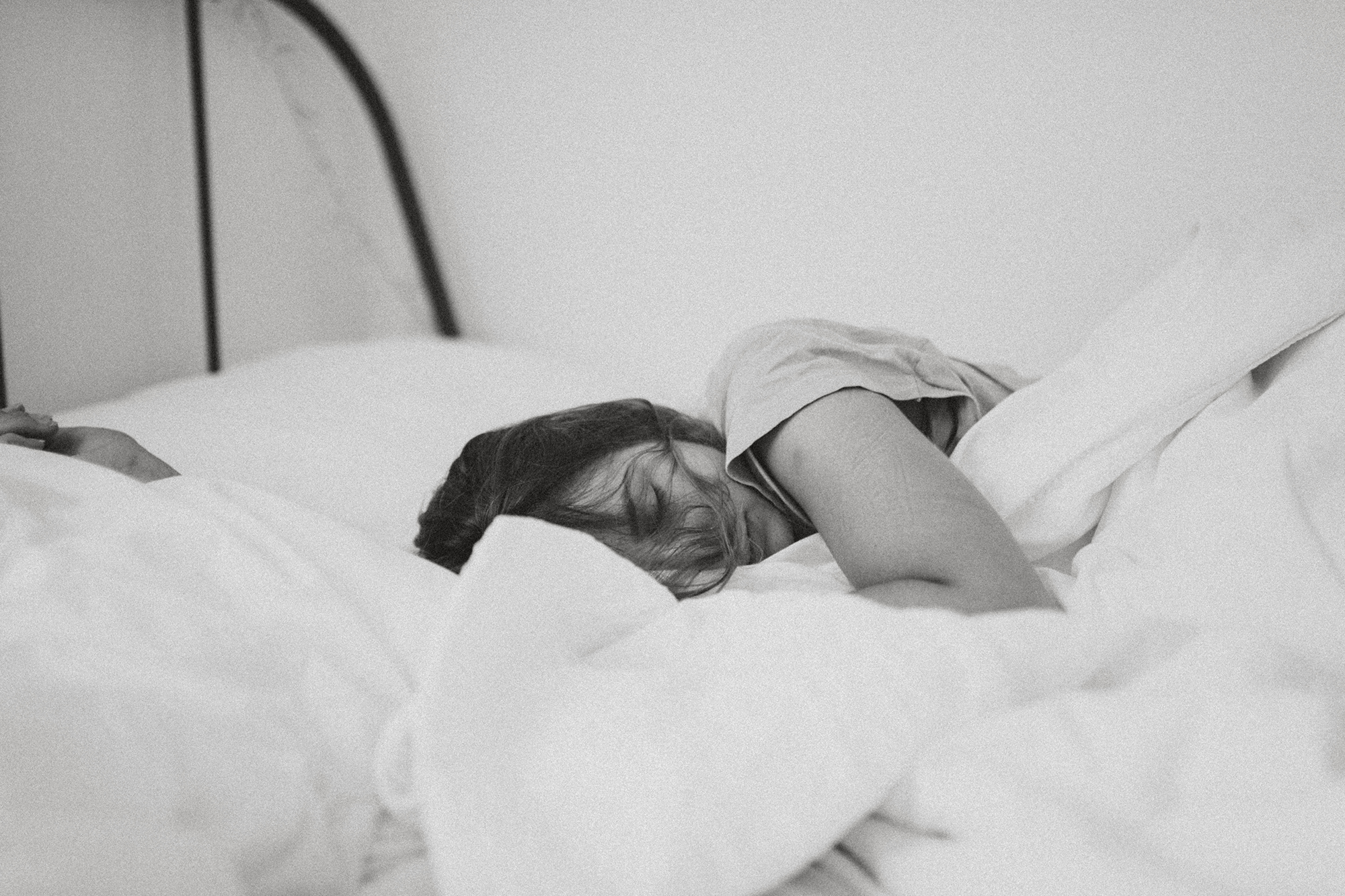
Polyphasic Sleep vs Monophasic Sleep
Humans sleep for one chunk of time a day.
This is called monophasic sleep. Some animals sleep for longer periods of time, but more animals sleep in short bursts of sleep called polyphasic sleep.
This better allows them to protect themselves from predators, or gives them more time to eat, hunt or move.
If you’re interested in learning about your own sleep, find out how to fix your sleep schedule for optimal sleep!

